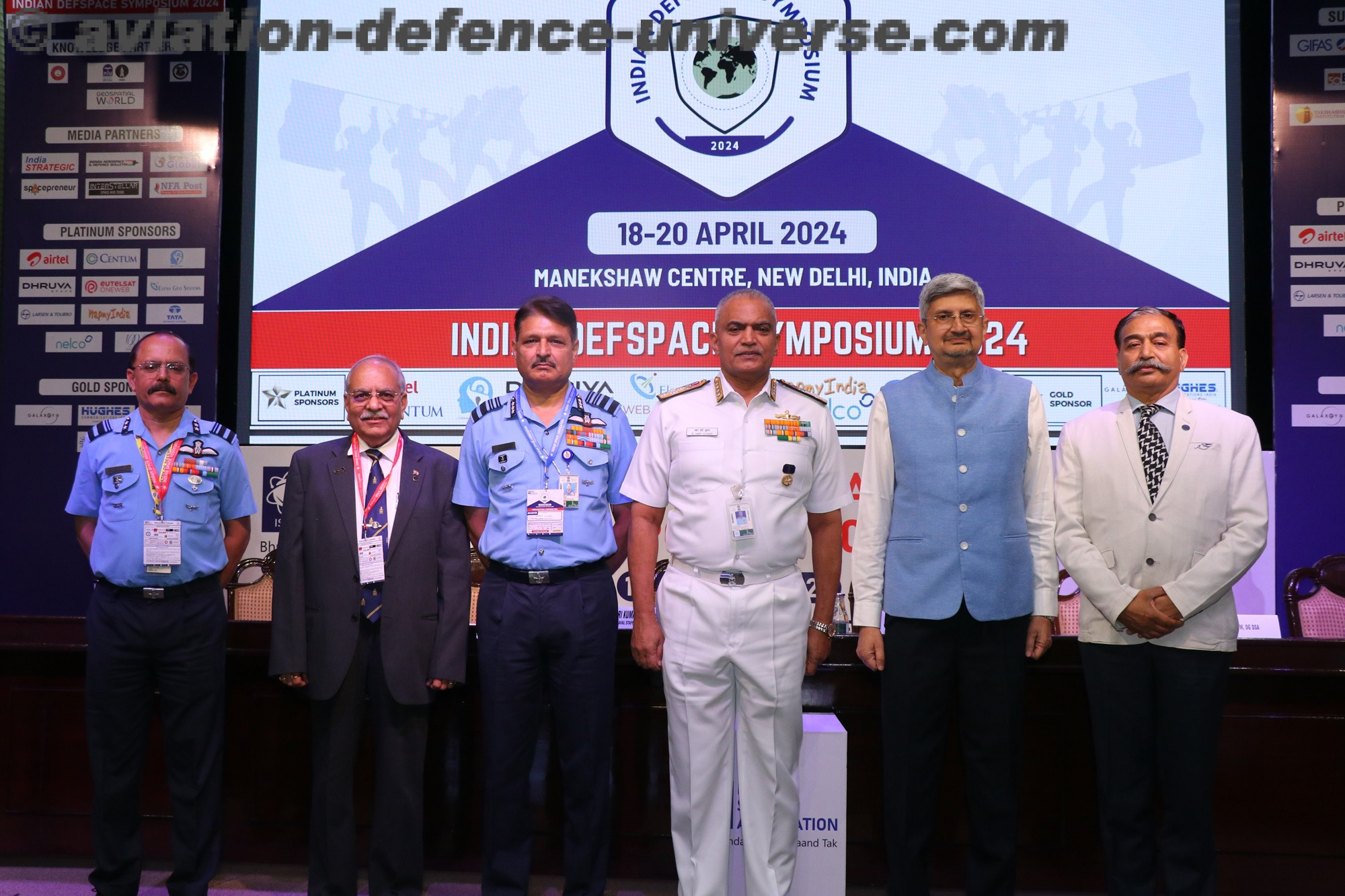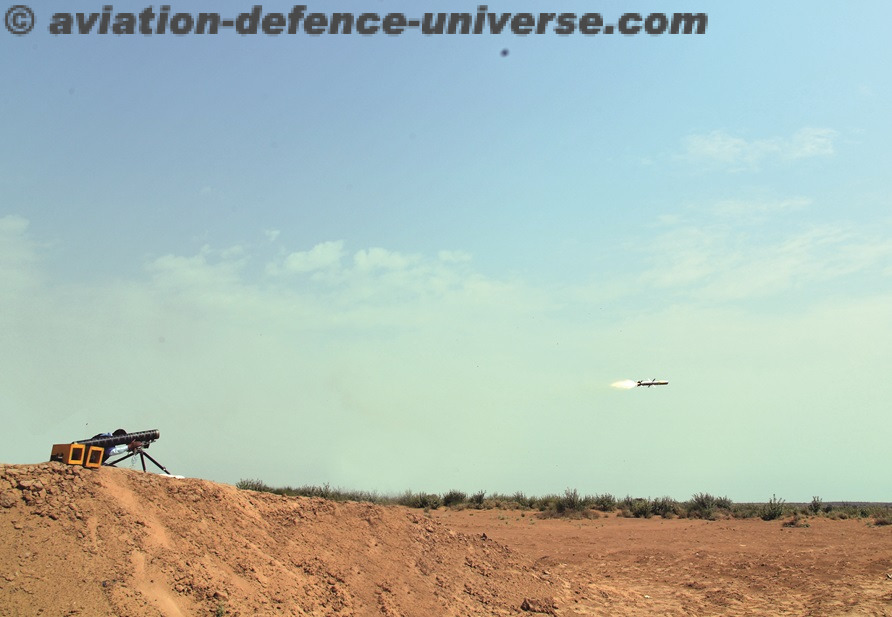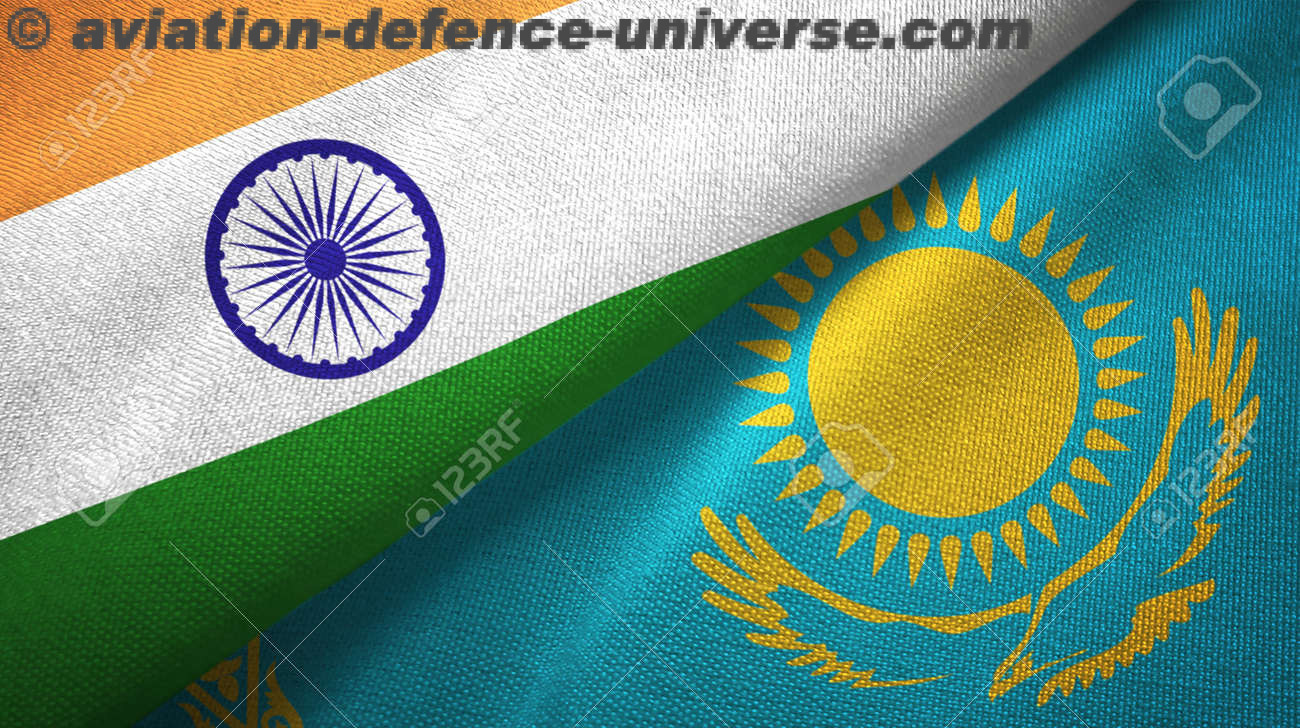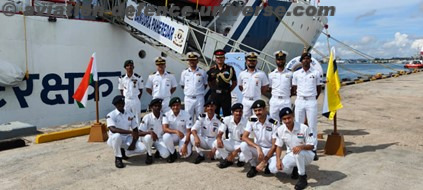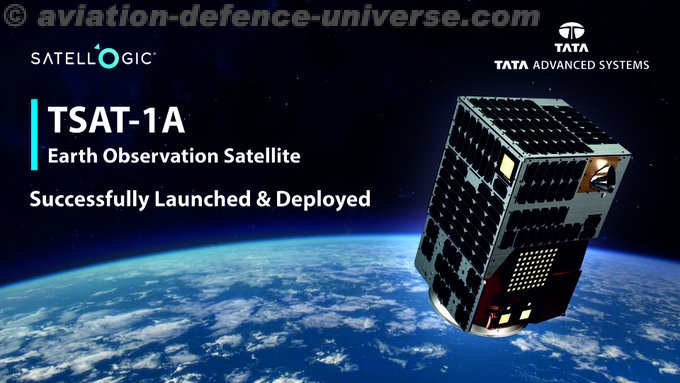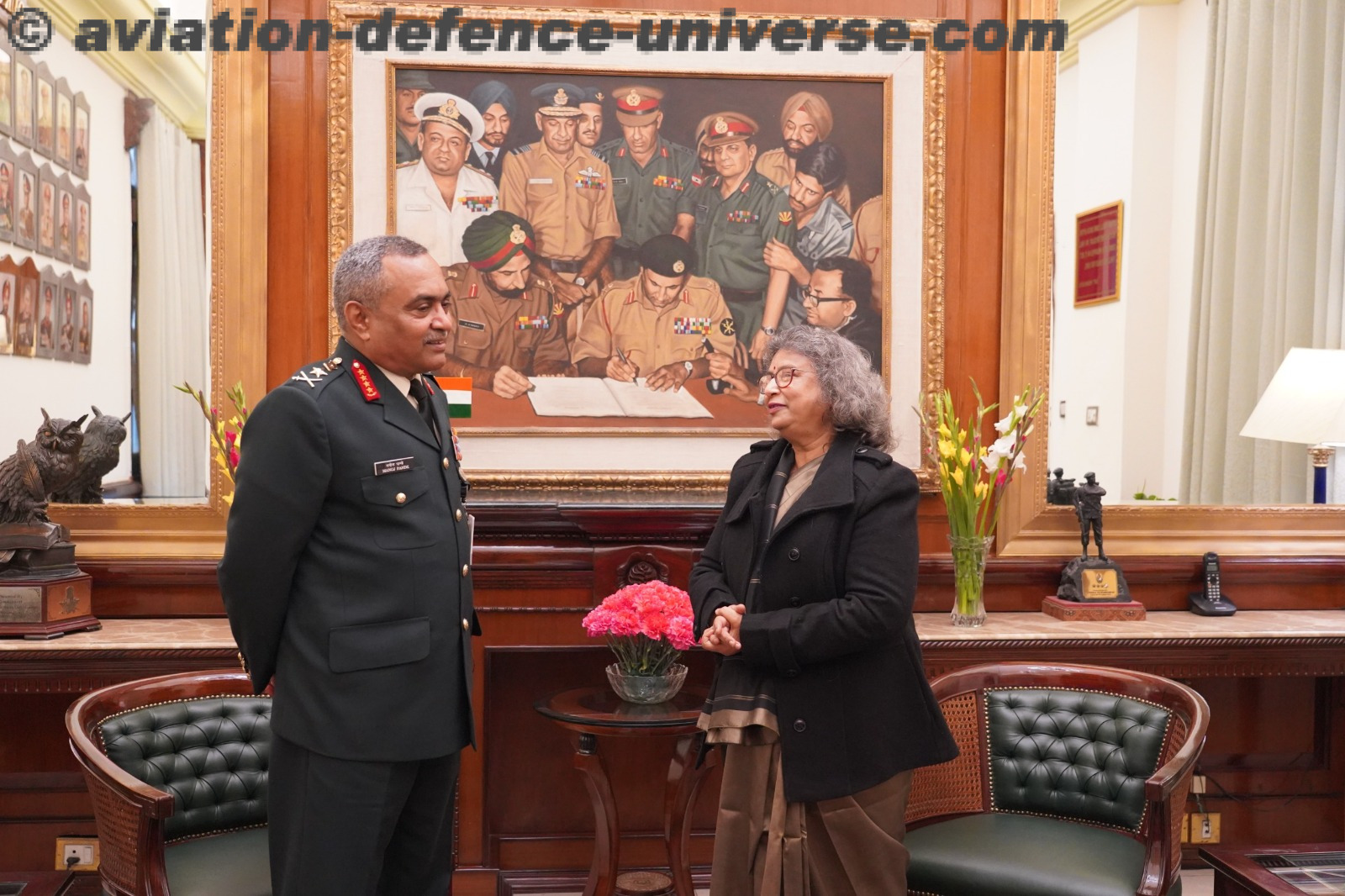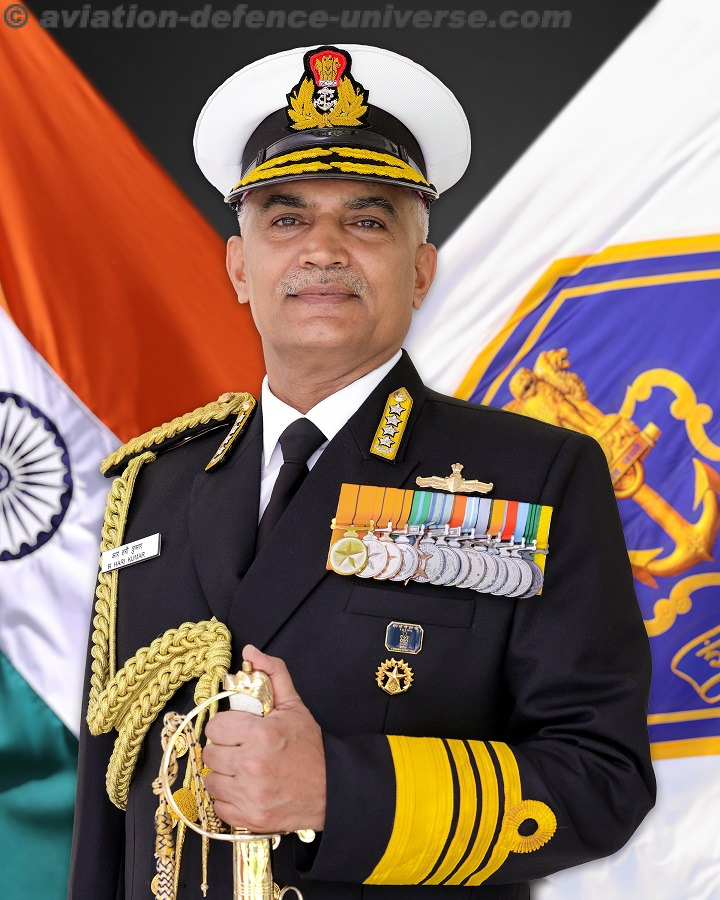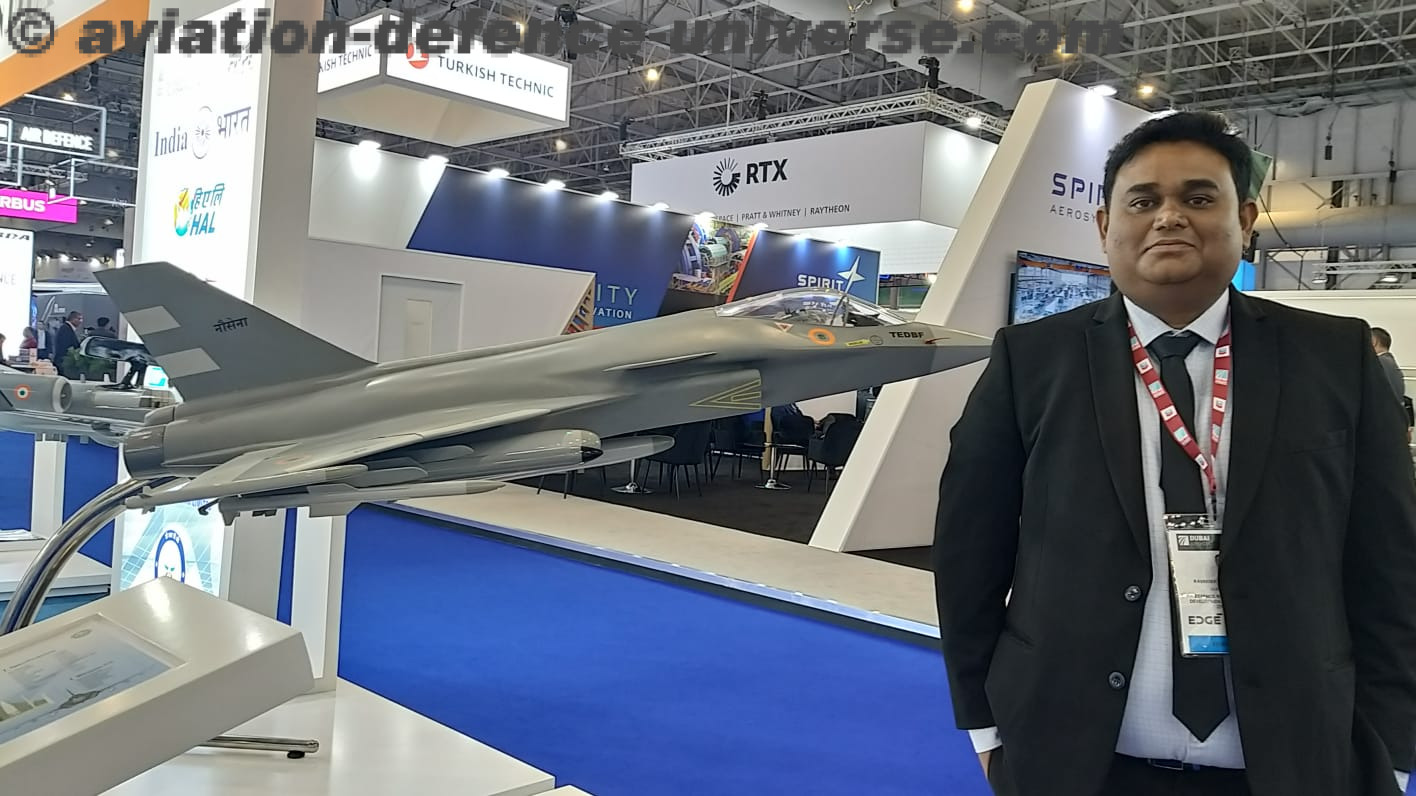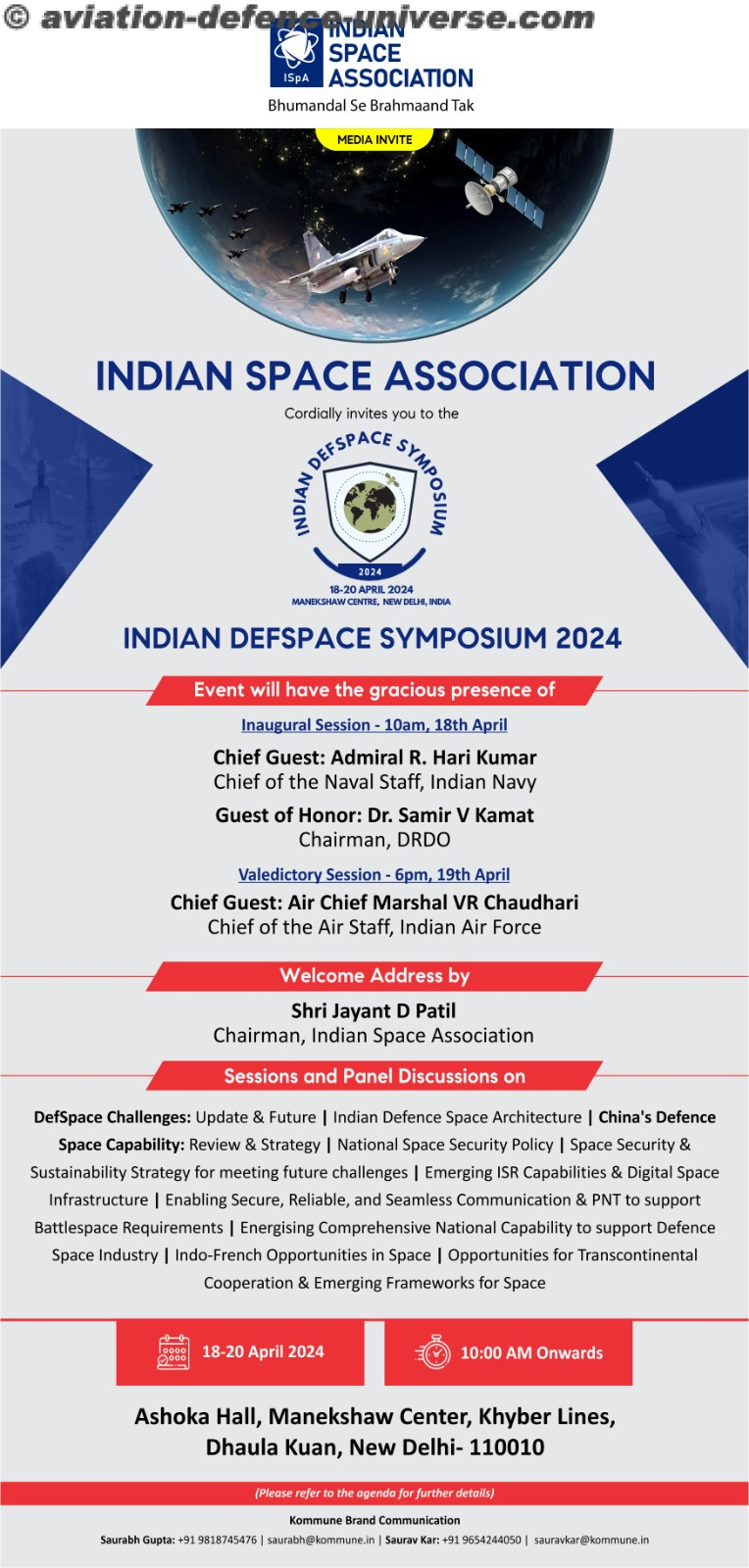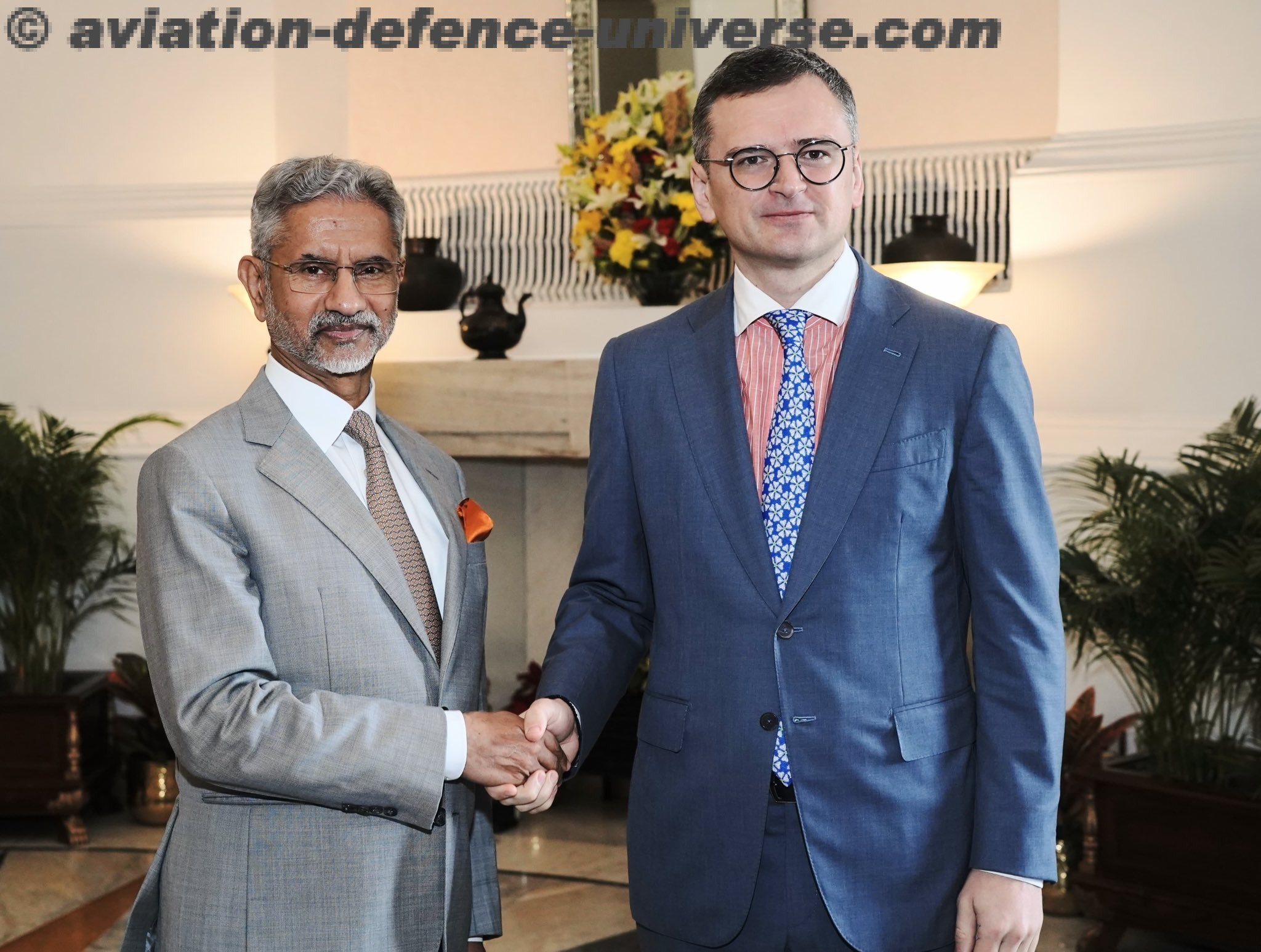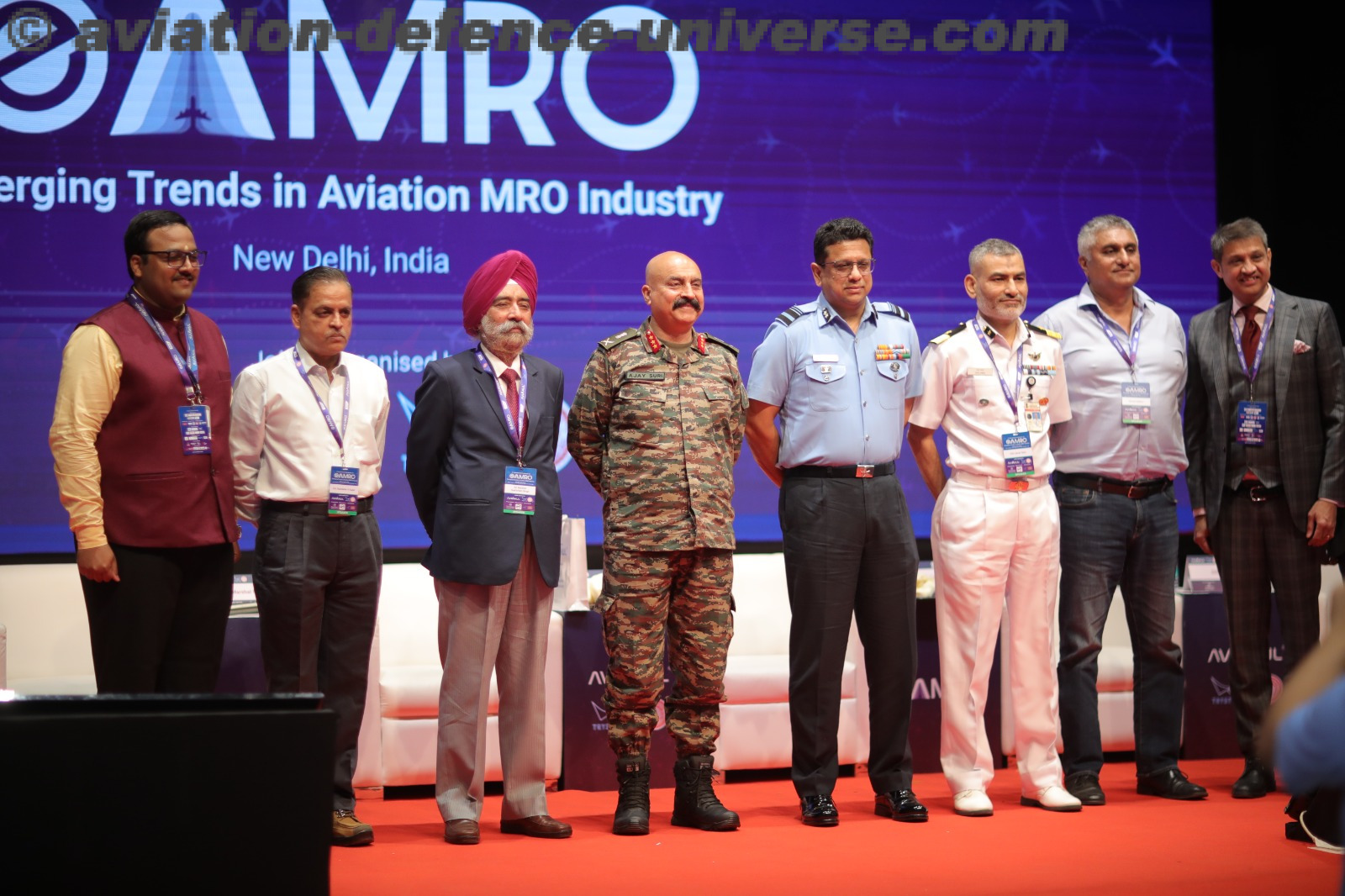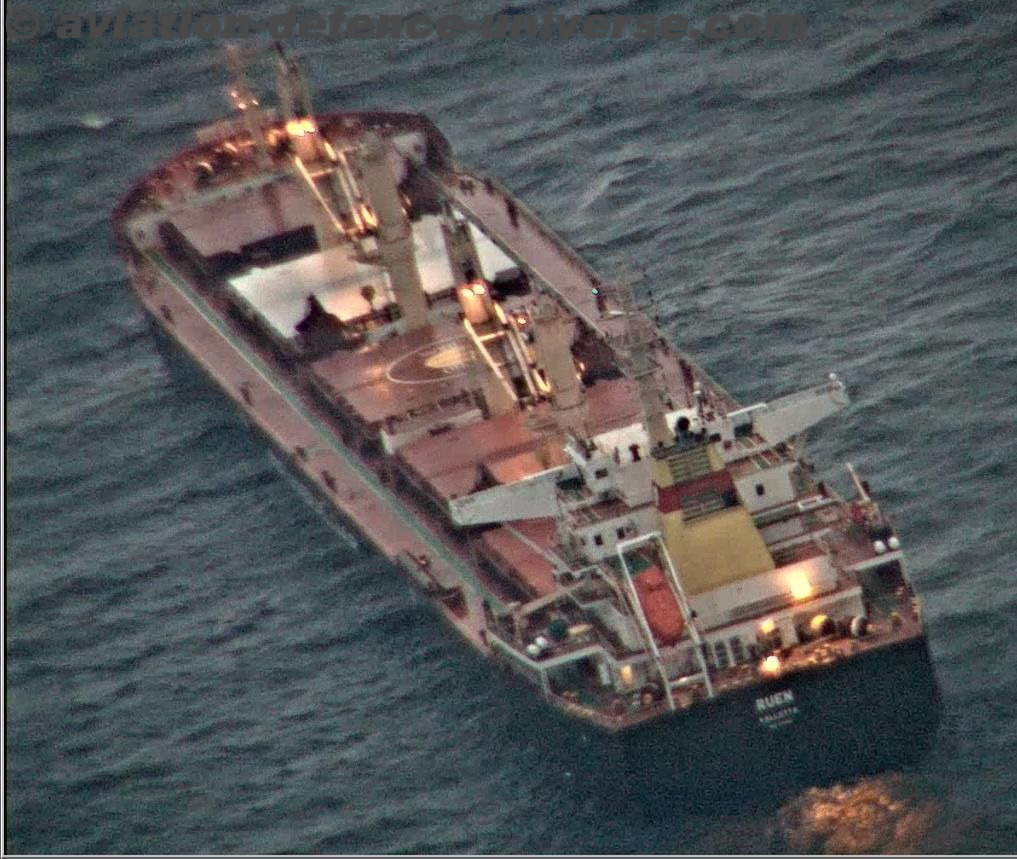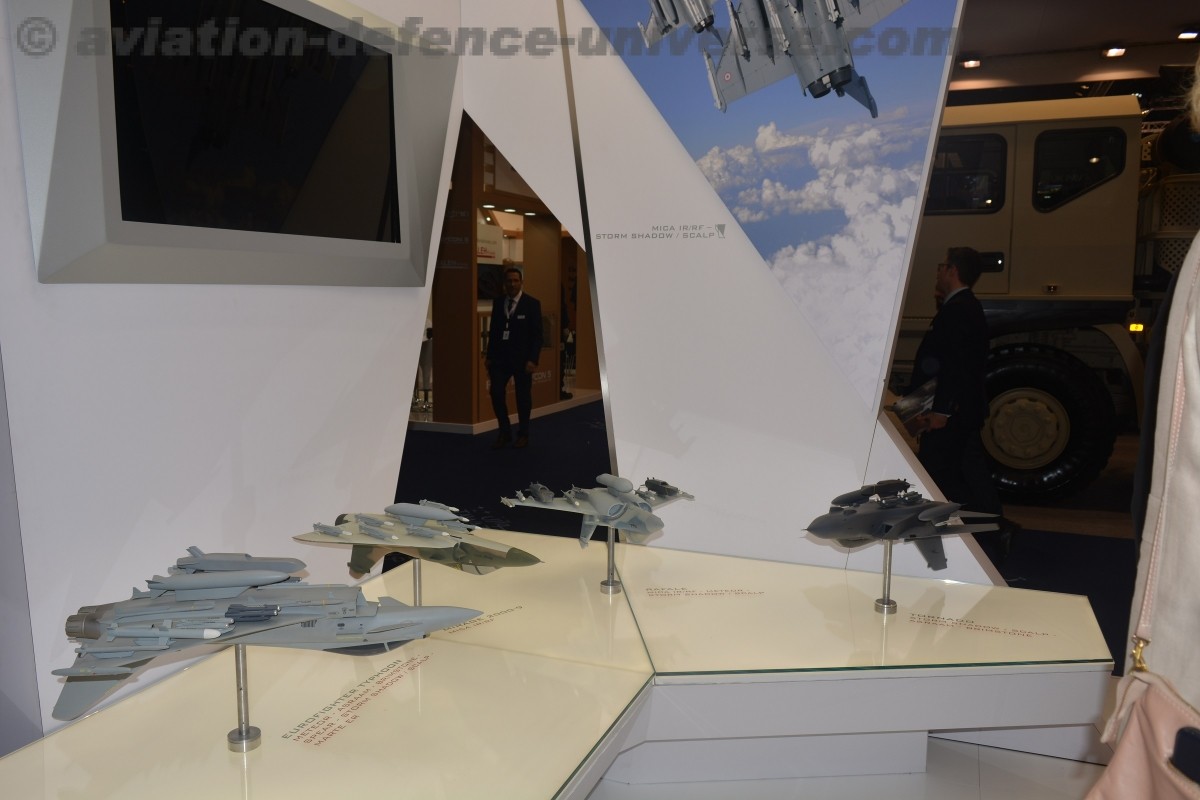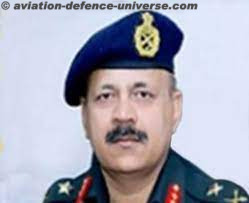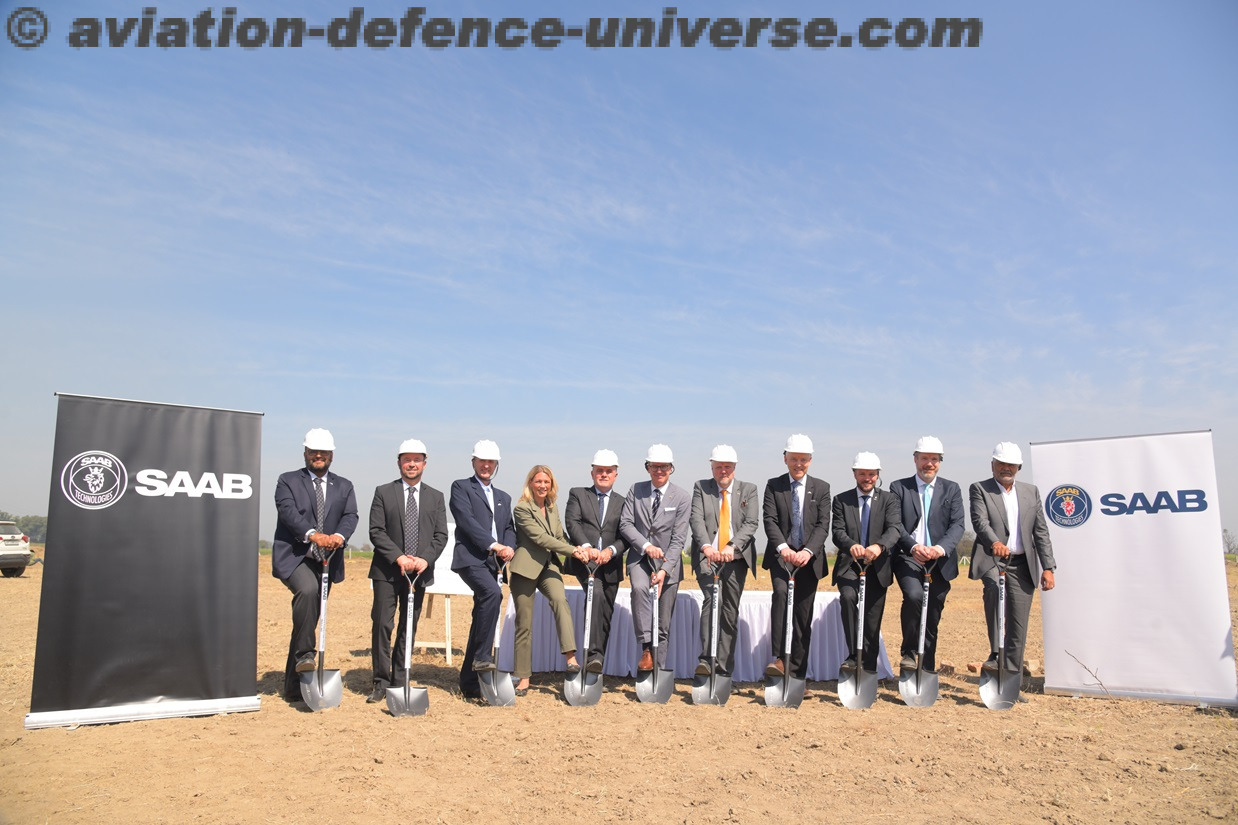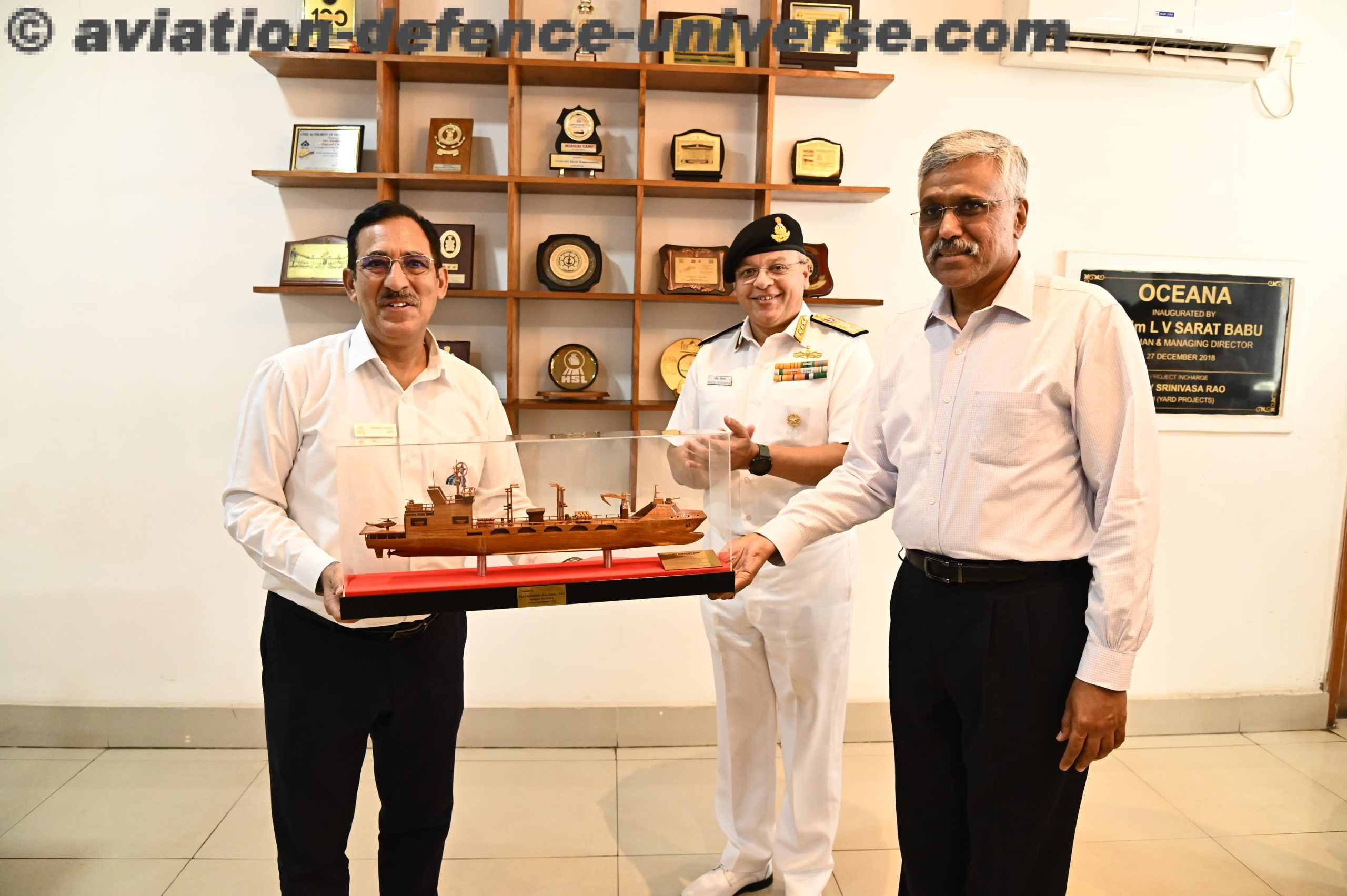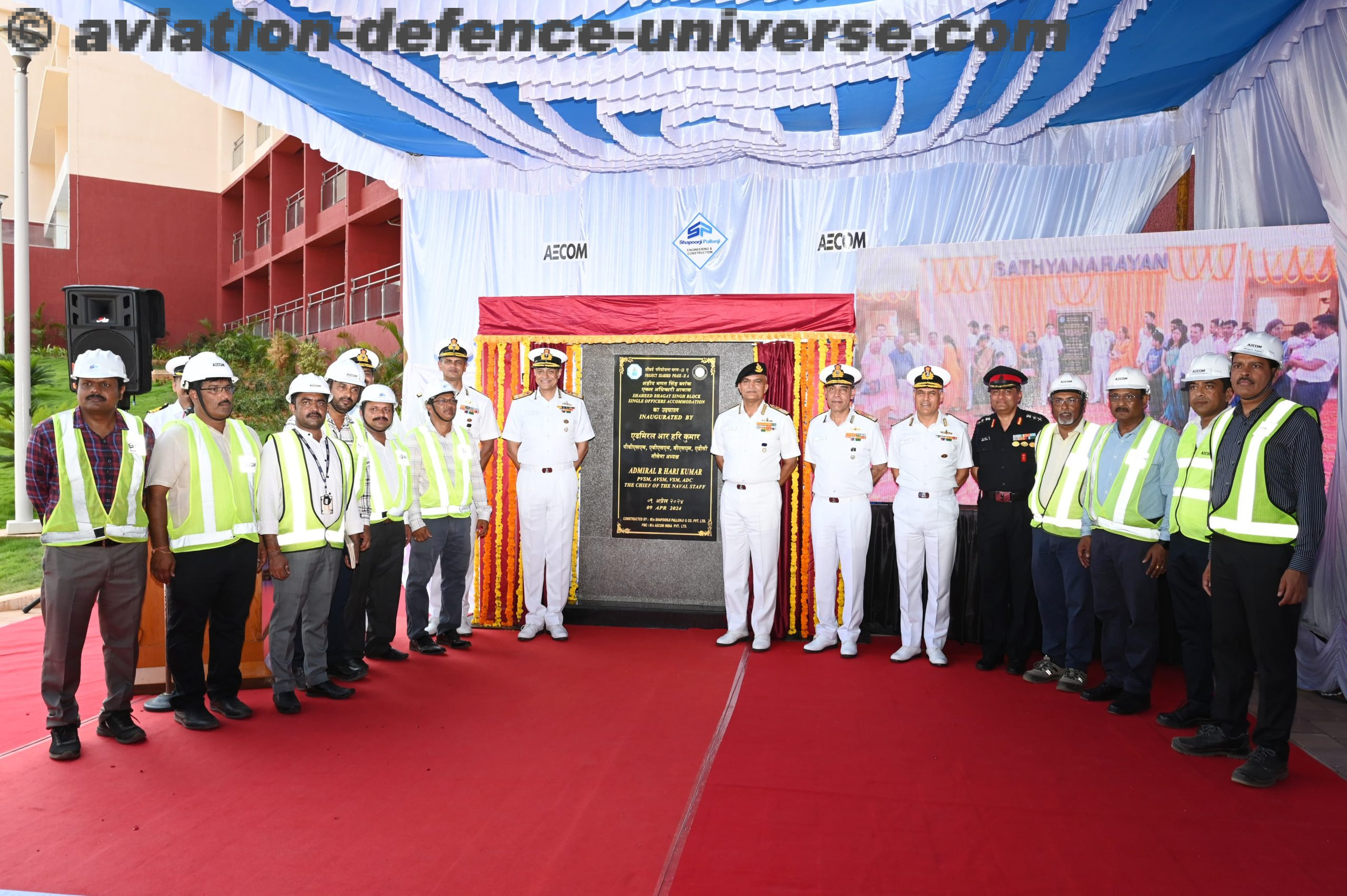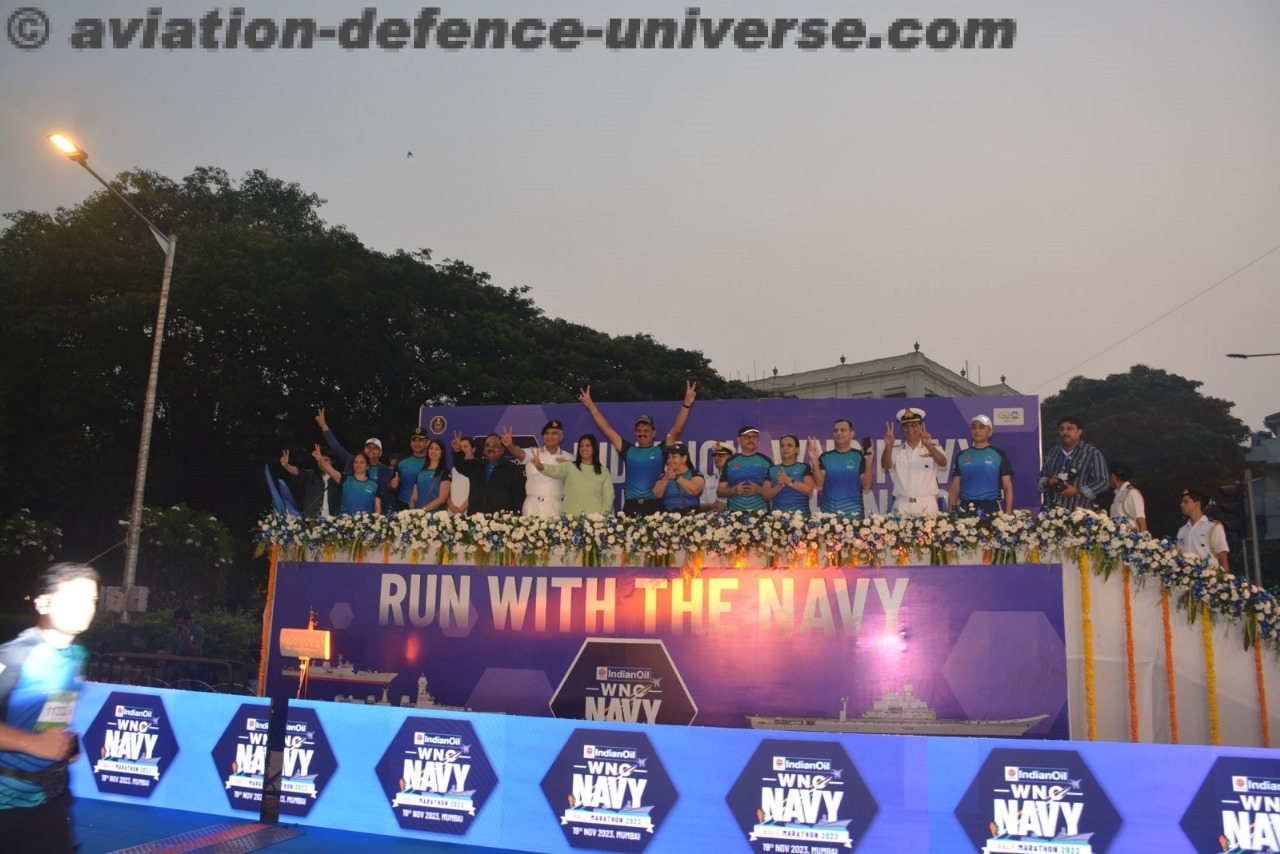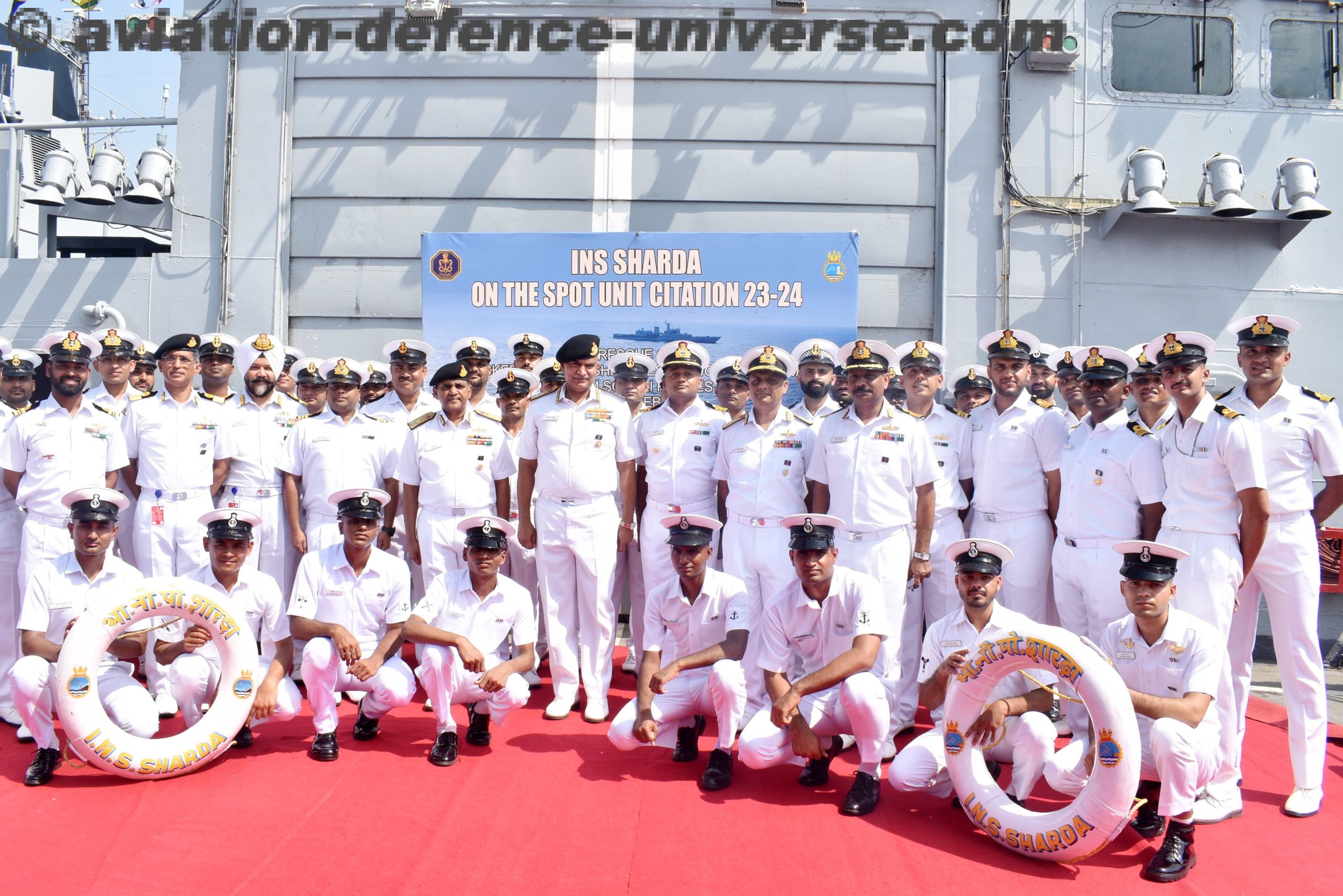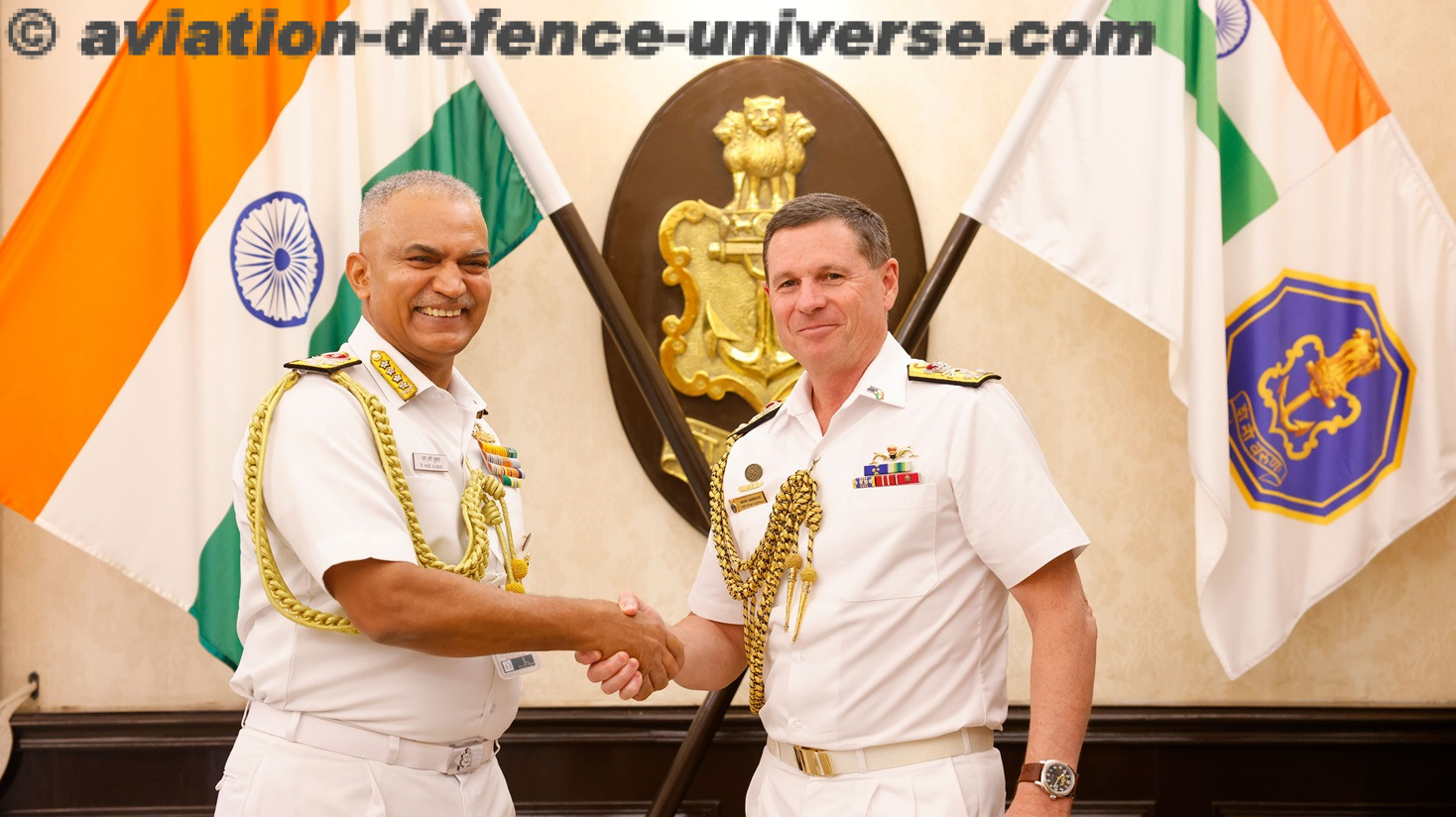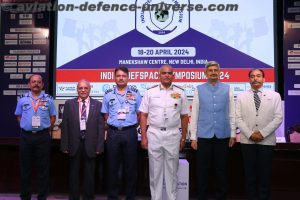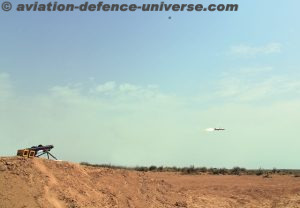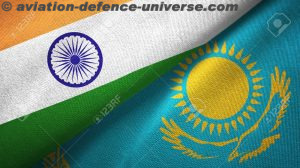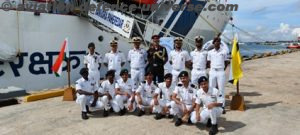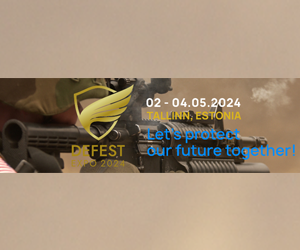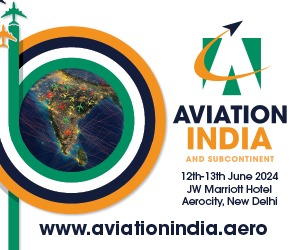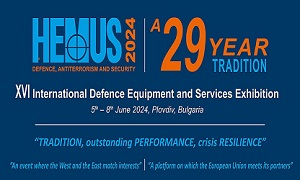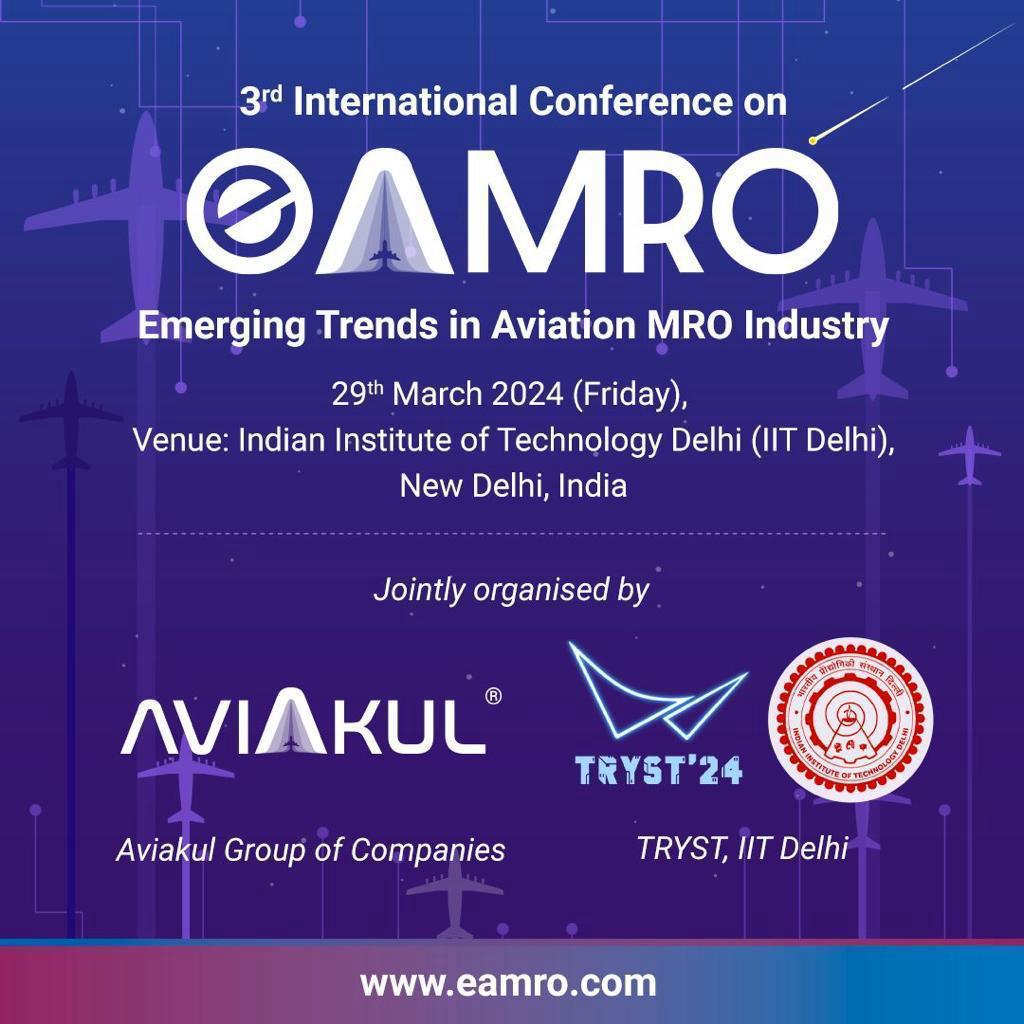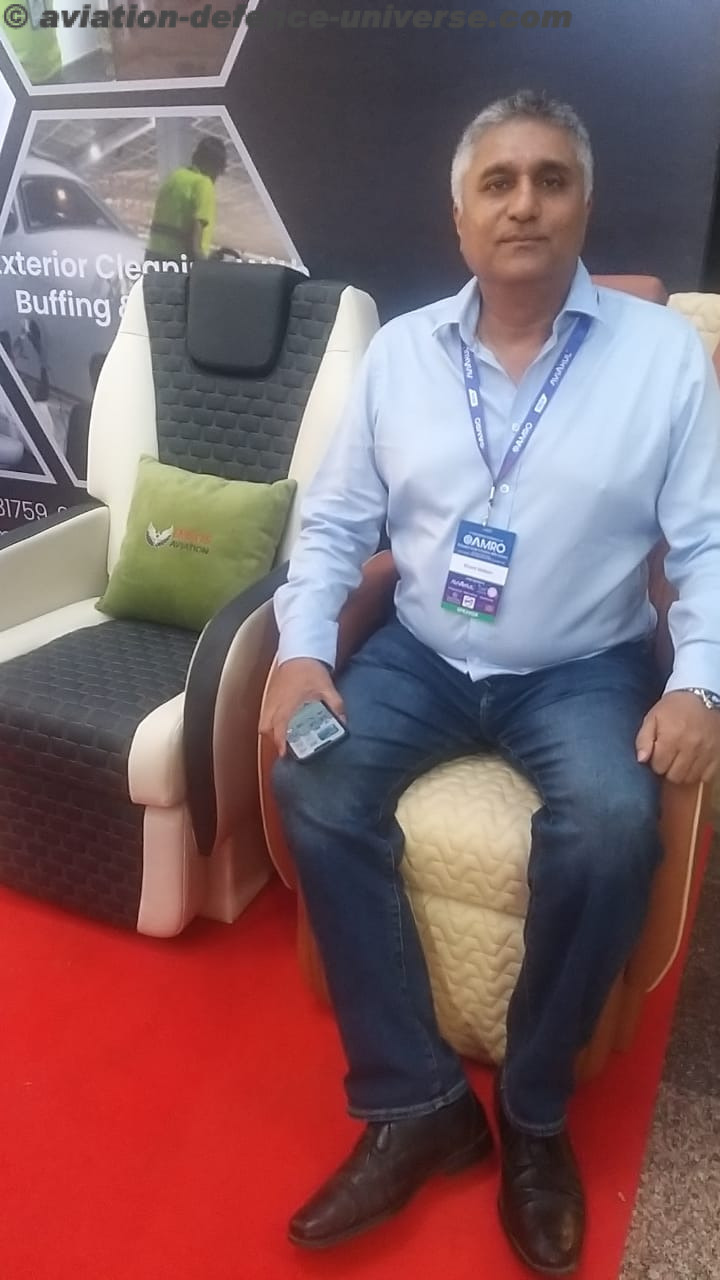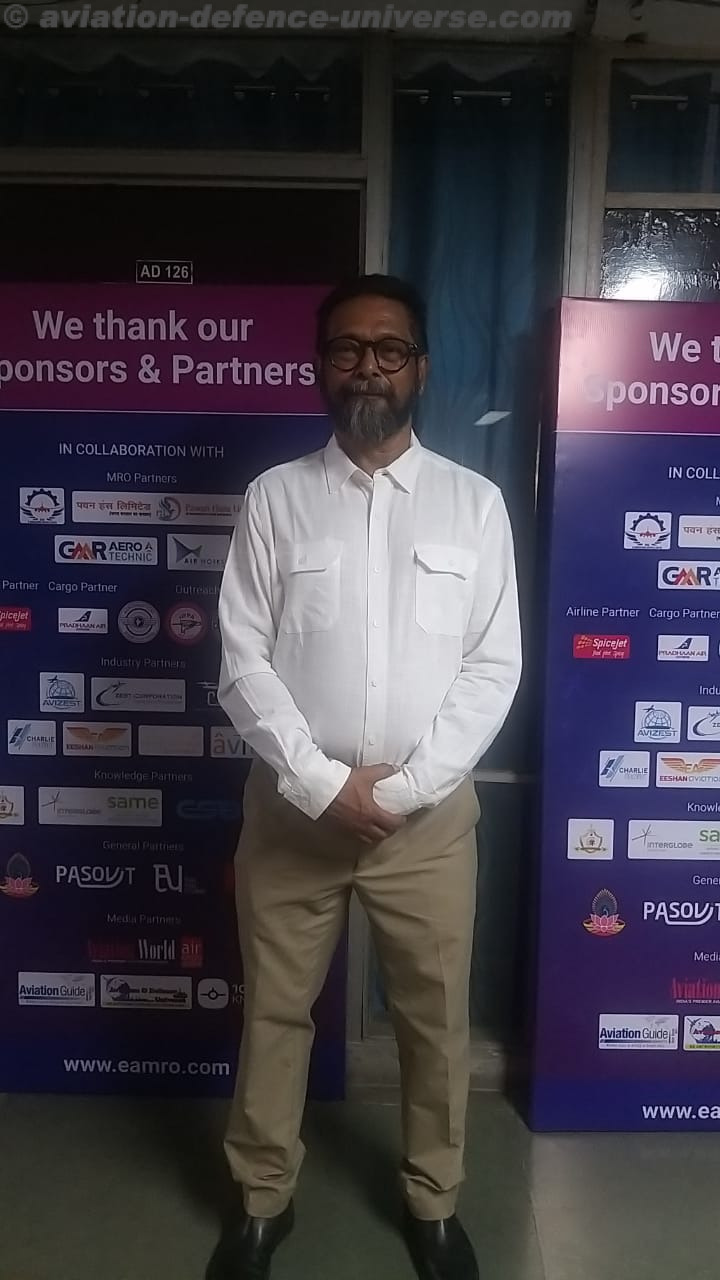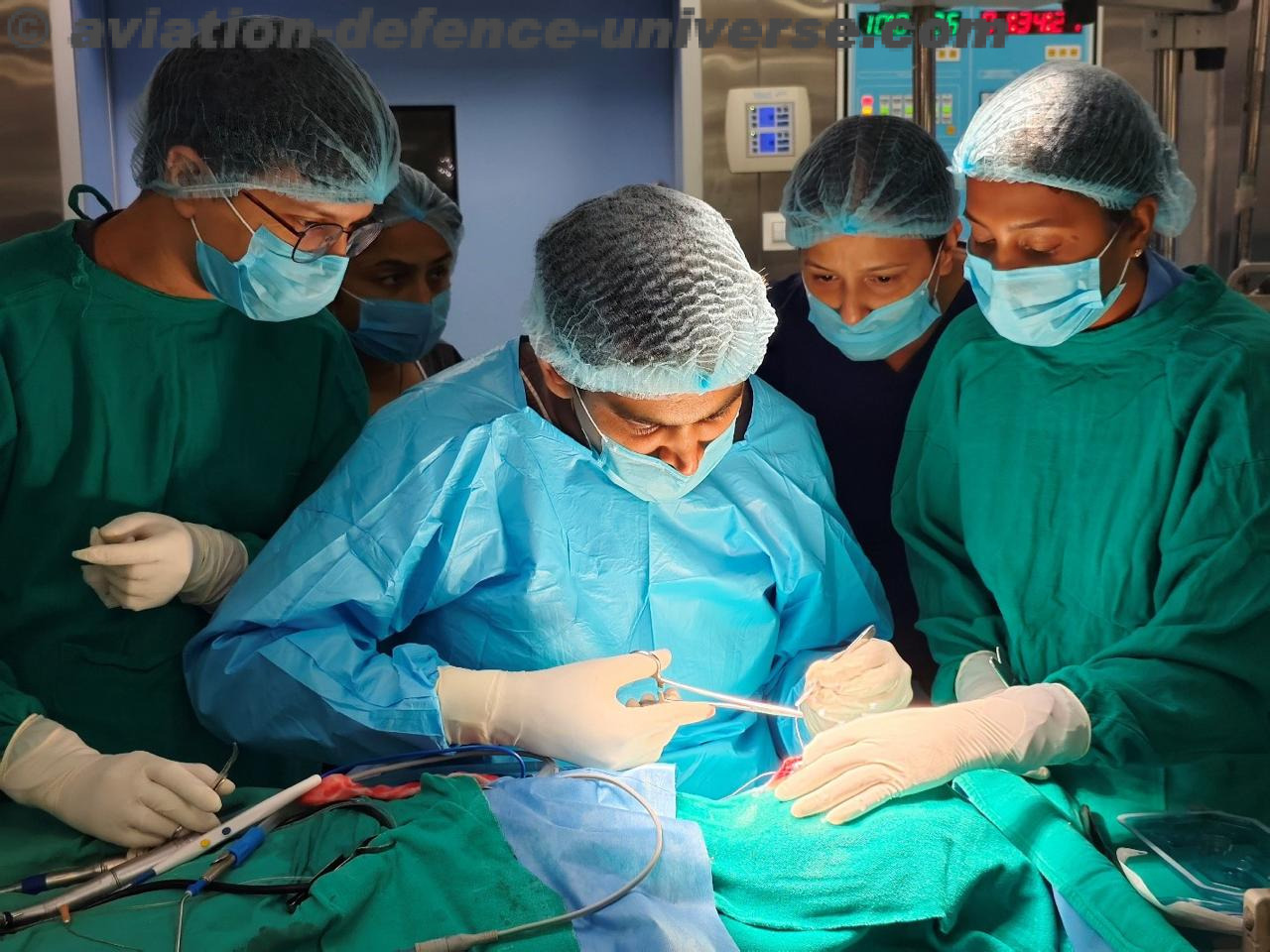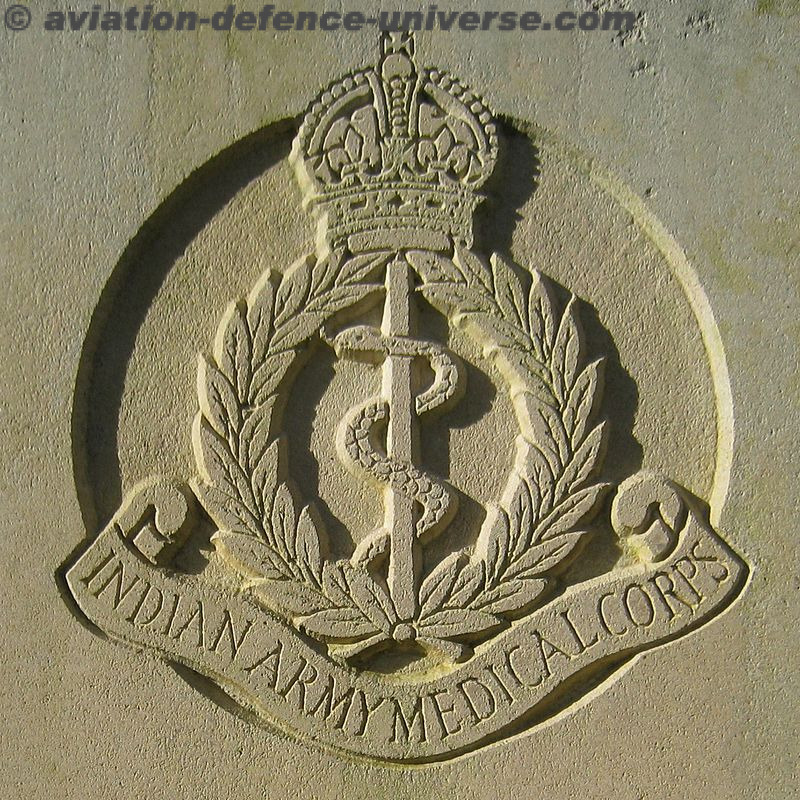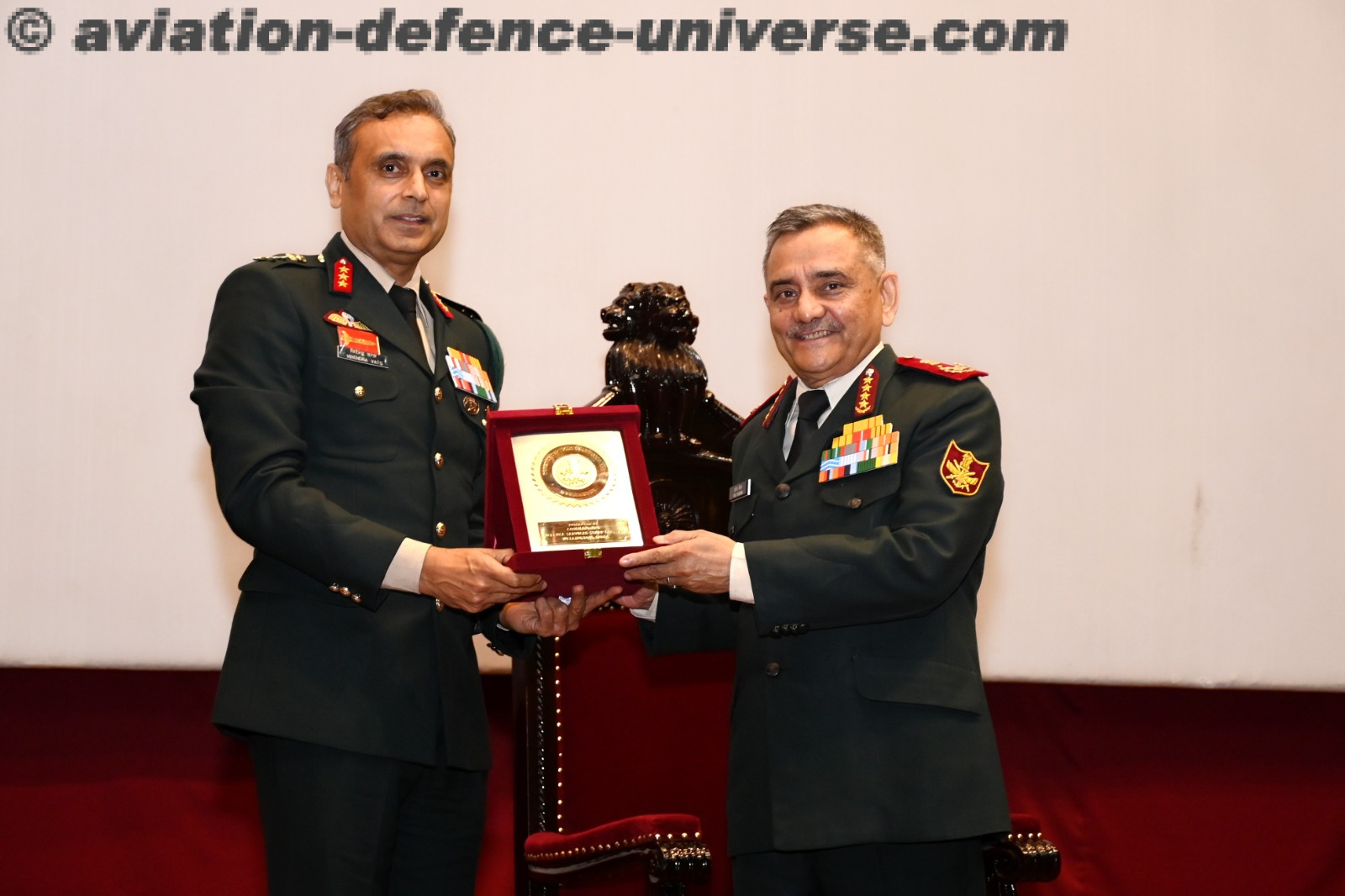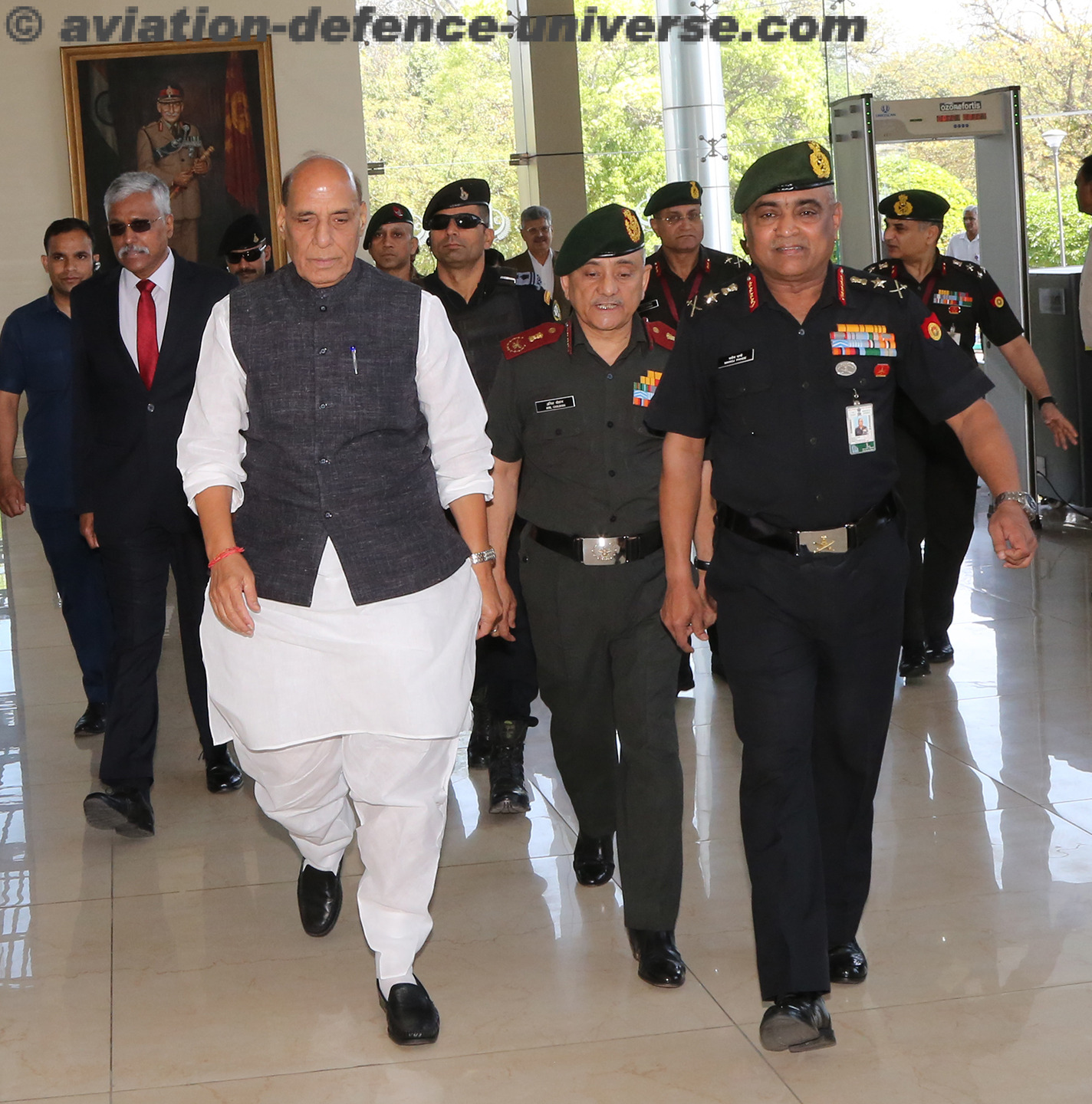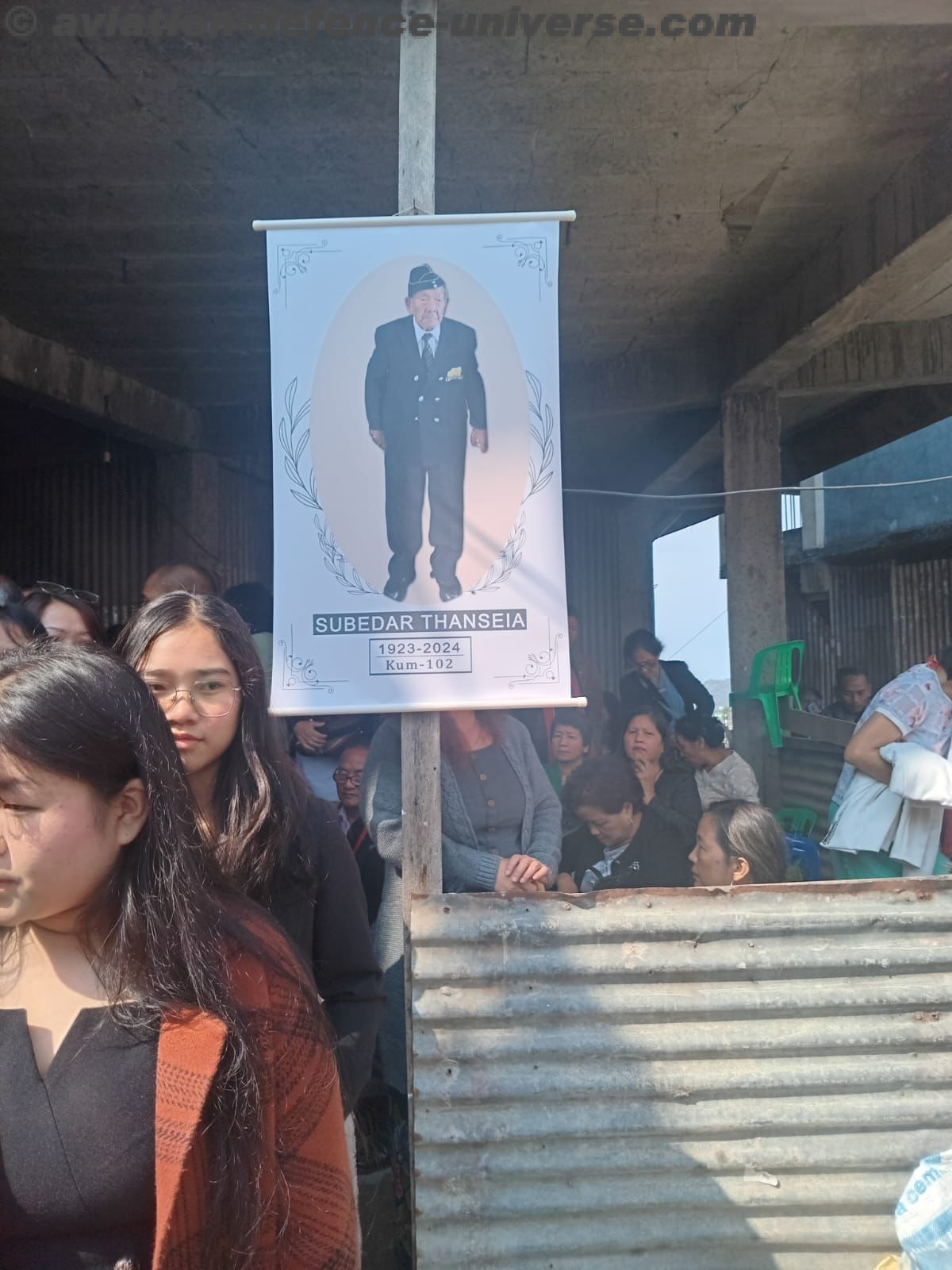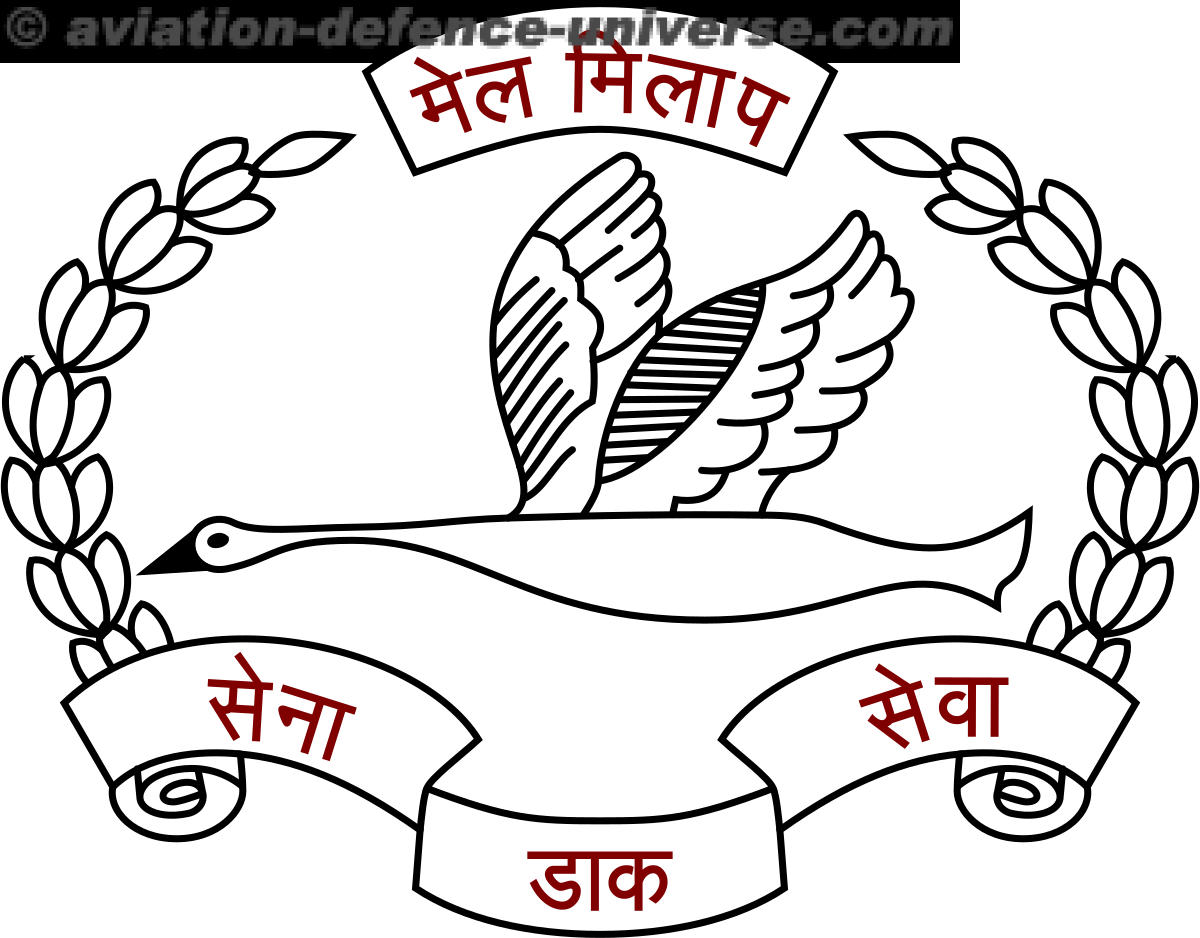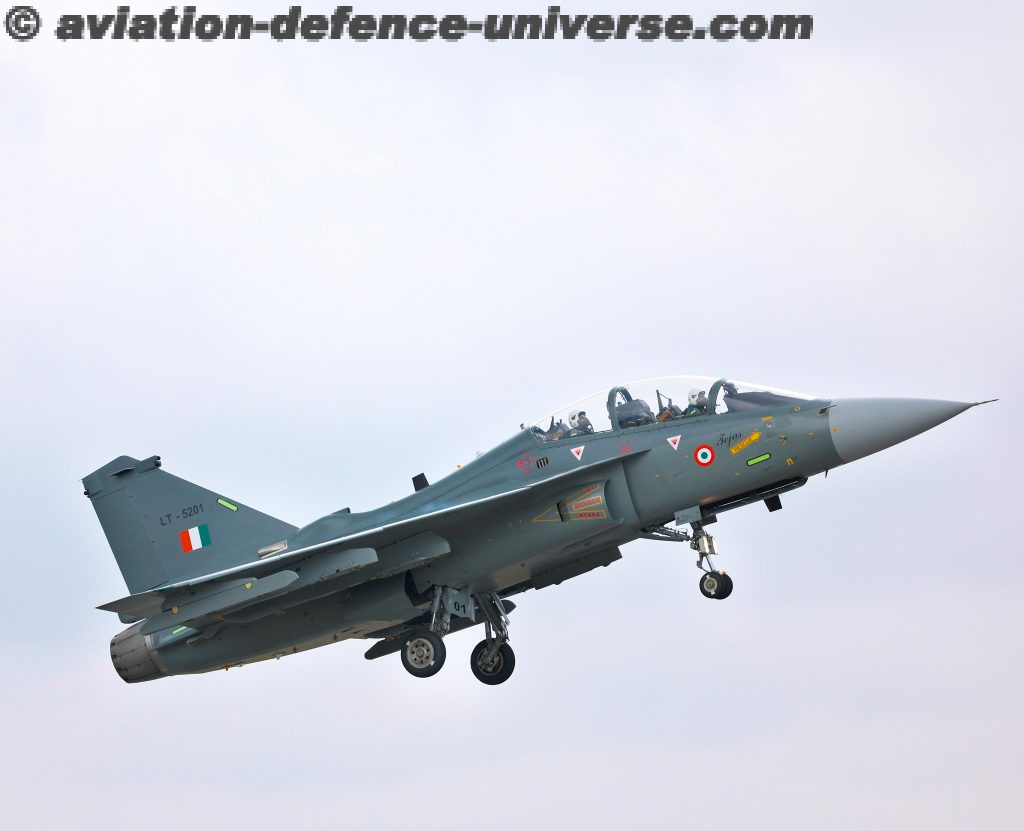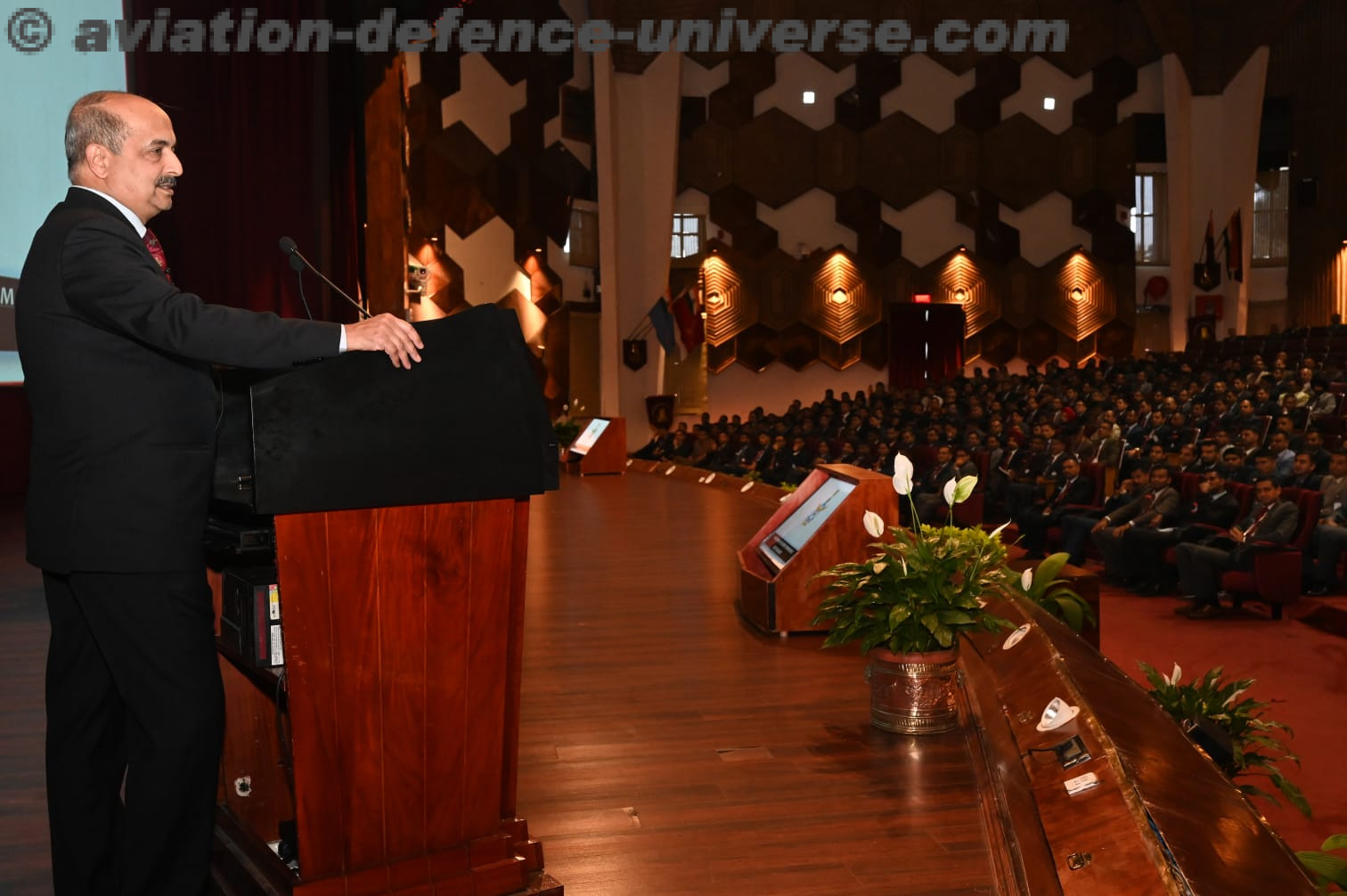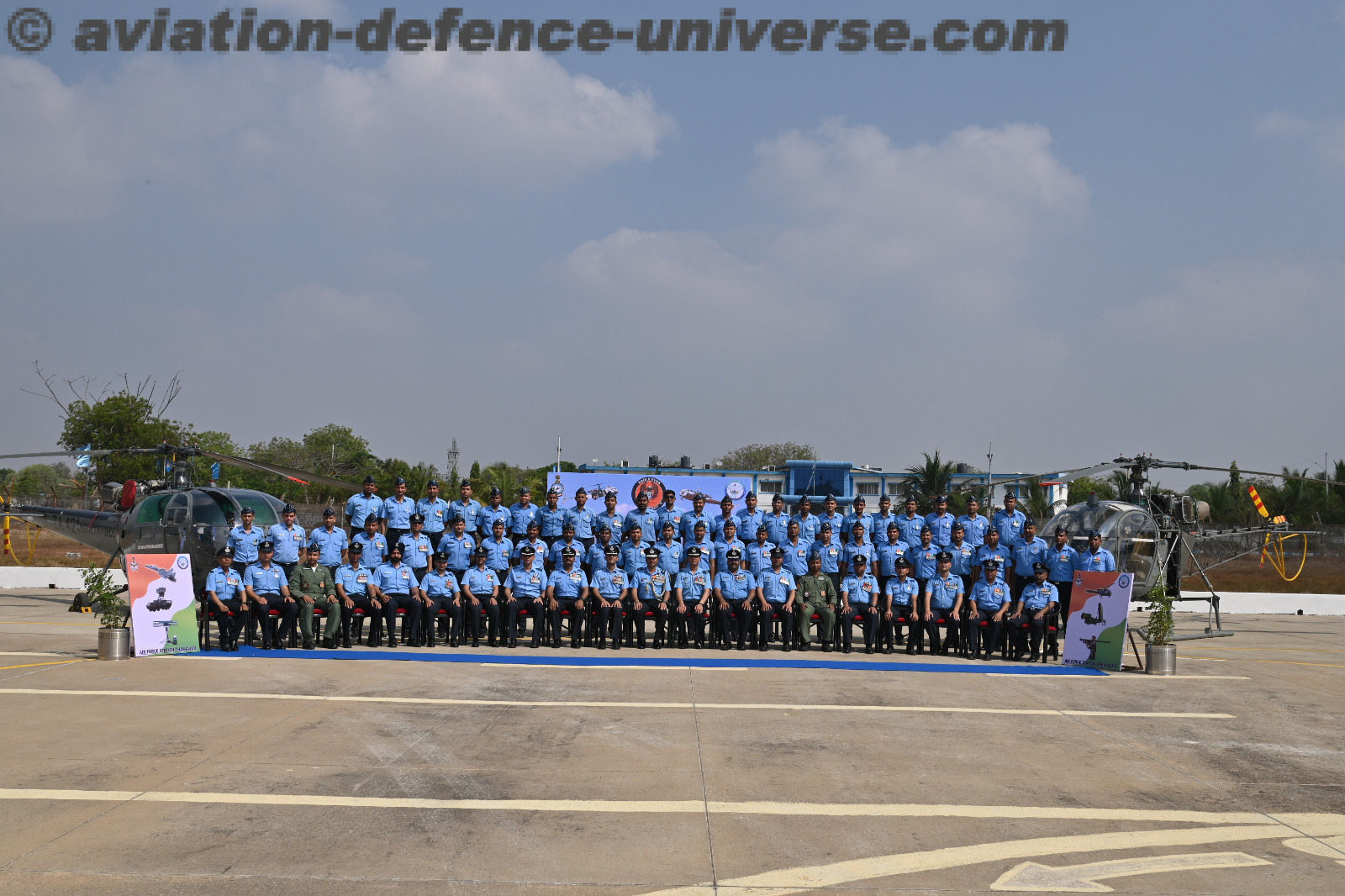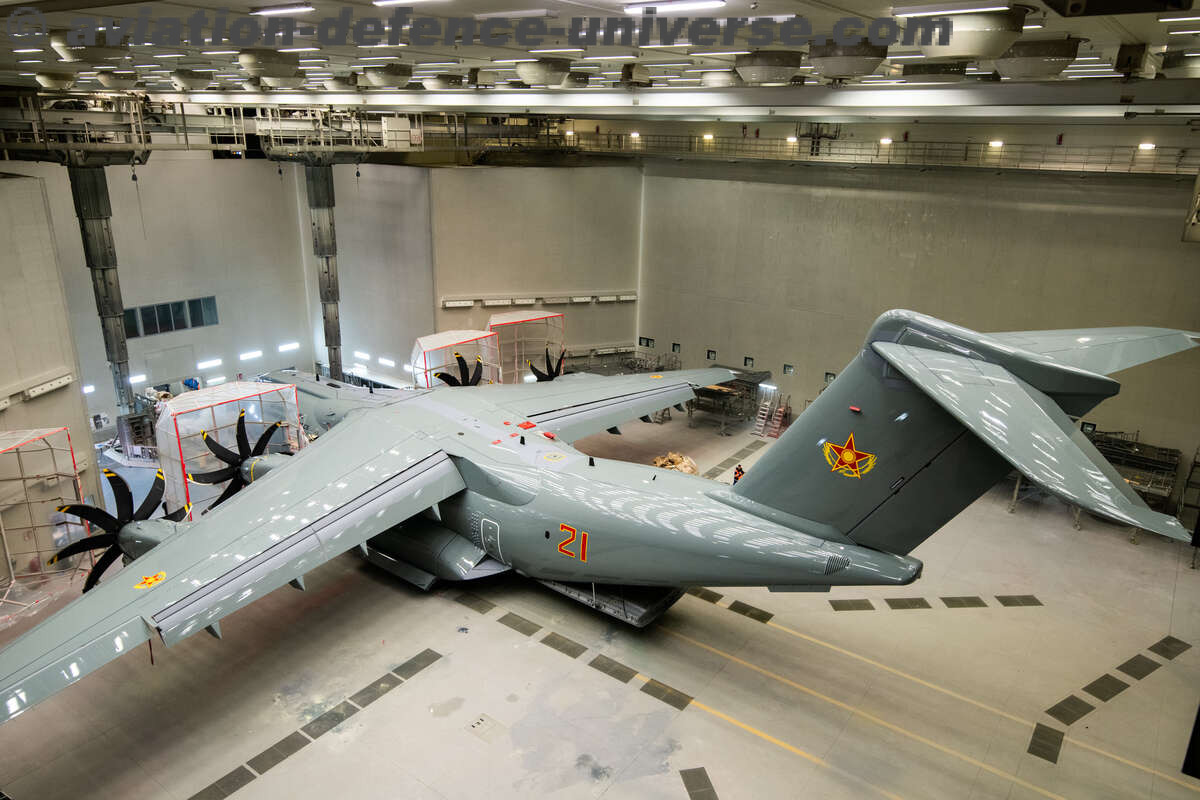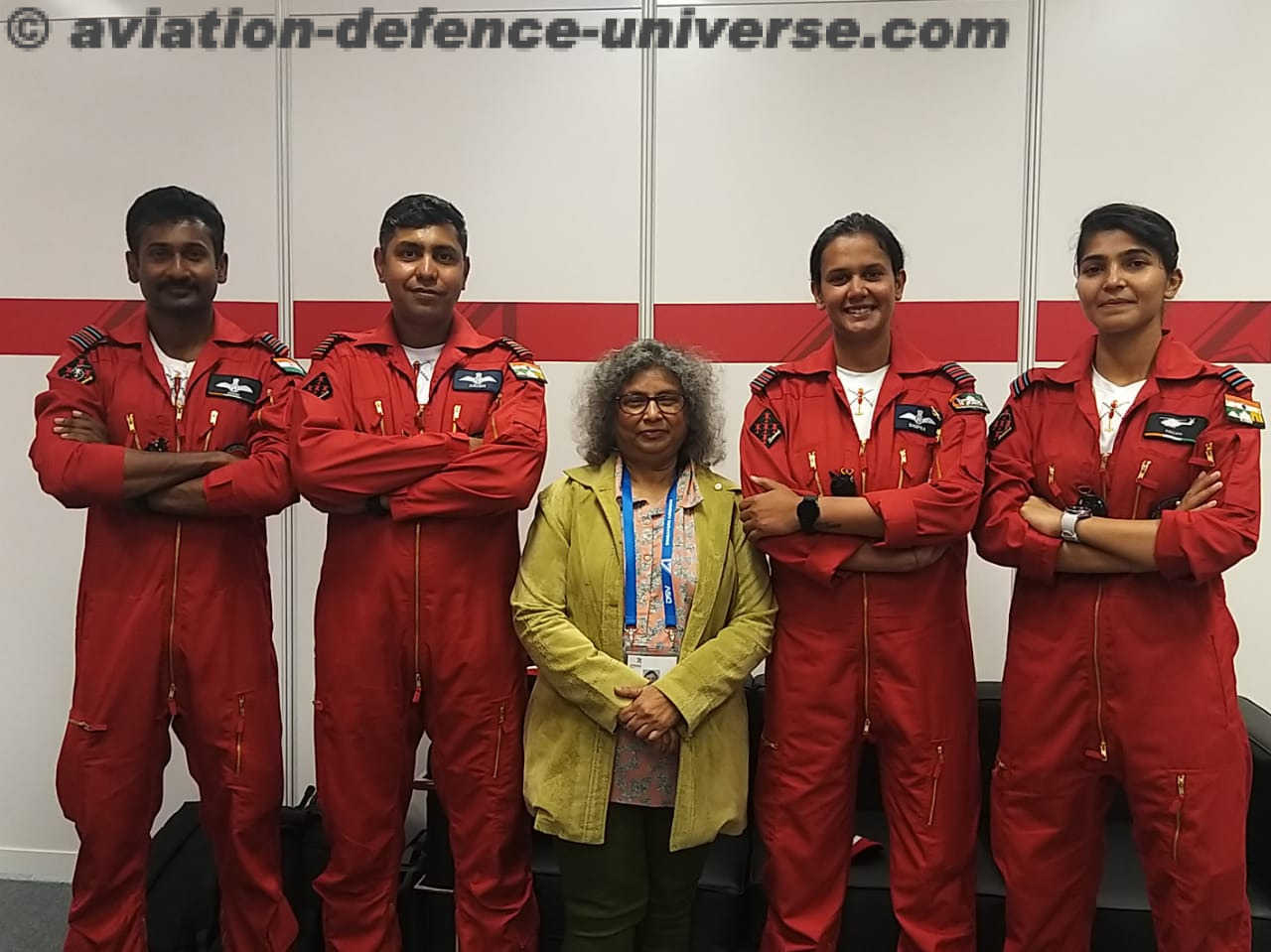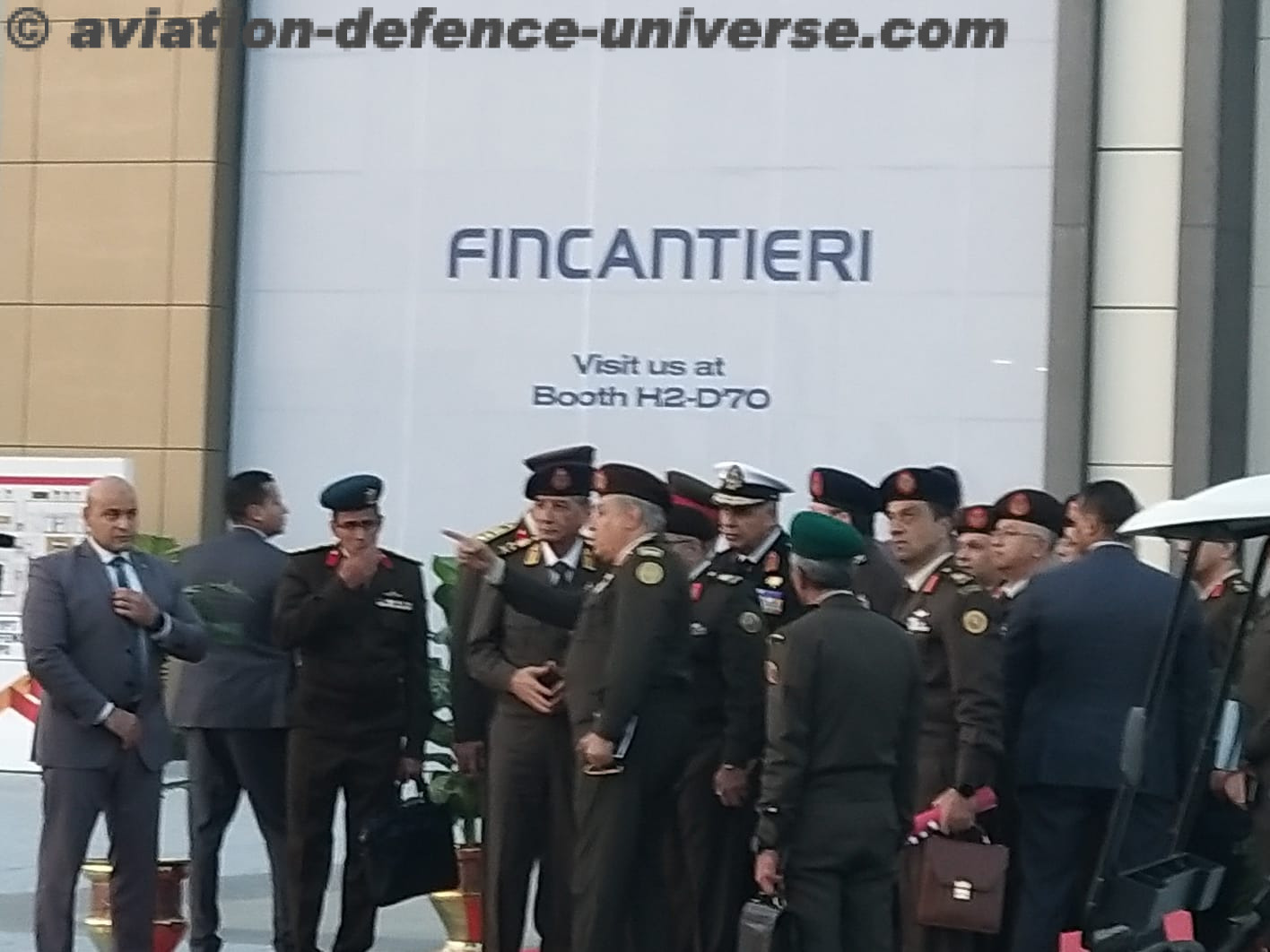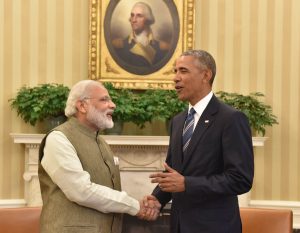
- Strengthening Global Nonproliferation too on agenda
- Securing Land, Maritime, Air, Space, and Cyber domains
Washington. 08 June 2016. The Prime Minister of India Narendra Modi and the President of the United States of America Barack Obama met in the White House during an official working visit of Prime Minister Modi to the United States. The two leaders jointly stated on issues pertaining to security and defence.
The steps that the two Governments have taken in the last two years through the U.S.-India Contact Group, including by addressing the nuclear liability issue, inter alia, through India’s ratification of the Convention on Supplementary Compensation for Nuclear Damage, have laid a strong foundation for a long-term partnership between U.S. and Indian companies for building nuclear power plants in India. Culminating a decade of partnership on civil nuclear issues, the leaders welcomed the start of preparatory work on site in India for six AP 1000 reactors to be built by Westinghouse and noted the intention of India and the U.S. Export-Import Bank to work together toward a competitive financing package for the project. Once completed, the project would be among the largest of its kind, fulfilling the promise of the U.S.-India civil nuclear agreement and demonstrating a shared commitment to meet India’s growing energy needs while reducing reliance on fossil fuels. Both sides welcomed the announcement by the Nuclear Power Corporation of India Ltd, and Westinghouse that engineering and site design work will begin immediately and the two sides will work toward finalizing the contractual arrangements by June 2017.
The President thanked the Prime Minister for his substantive contribution to and active participation in 2016 Nuclear Security Summit in Washington, D.C., and welcomed his offer to host a Summit on Countering Weapons of Mass Destruction Terrorism in 2018. The United States and India will work together to combat the threat of terrorists accessing and using chemical, biological, nuclear and radiological materials.
Recalling their shared commitment to preventing proliferation of weapons of mass destruction and their means of delivery, the leaders looked forward to India’s imminent entry into the Missile Technology Control Regime. President Obama welcomed India’s application to join the Nuclear Suppliers Group (NSG), and re-affirmed that India is ready for membership. The United States called on NSG Participating Governments to support India’s application when it comes up at the NSG Plenary later this month. The United States also re-affirmed its support for India’s early membership of the Australia Group and Wassenaar Arrangement.
The leaders applauded the completion of a roadmap for cooperation under the 2015 U.S.-India Joint Strategic Vision for the Asia-Pacific and Indian Ocean Region, which will serve as a guide for collaboration in the years to come. They resolved that the United States and India should look to each other as priority partners in the Asia Pacific and the Indian Ocean region.
They welcomed the inaugural meeting of the Maritime Security Dialogue. Owing to mutual interest in maritime security and maritime domain awareness, the leaders welcomed the conclusion of a technical arrangement for sharing of maritime “White Shipping” information.
The leaders affirmed their support for U.S.-India cooperation in promoting maritime security. They reiterated the importance they attach to ensuring freedom of navigation and overflight and exploitation of resources as per international law, including the United Nations Convention on the Law of the Sea, and settlement of territorial disputes by peaceful means.
The leaders applauded the enhanced military to military cooperation between the two countries especially in joint exercises, training and Humanitarian Assistance and Disaster Relief (HA/DR). They expressed their desire to explore agreements which would facilitate further expansion of bilateral defense cooperation in practical ways. In this regard, they welcomed the finalization of the text of the Logistics Exchange Memorandum of Agreement (LEMOA).
Noting that the U.S.-India defense relationship can be an anchor of stability, and given the increasingly strengthened cooperation in defense, the United States hereby recognizes India as a Major Defense Partner. As such the United States will continue to work toward facilitating technology sharing with India to a level commensurate with that of its closest allies and partners. The leaders reached an understanding under which India would receive license-free access to a wide range of dual-use technologies in conjunction with steps that India has committed to take to advance its export control objectives.
In support of India’s Make In India initiative, and to support the development of robust defense industries and their integration into the global supply chain, the United States will continue to facilitate the export of goods and technologies, consistent with U.S. law, for projects, programs and joint ventures in support of official U.S.-India defense cooperation.
The leaders also committed to enhance cooperation in support of the Government of India’s Make in India Initiative and expand the co-production and co-development of technologies under the Defense Technology and Trade Initiative (DTTI). They welcomed the establishment of new DTTI working groups to include agreed items covering Naval Systems, Air Systems, and other Weapons Systems. The leaders announced the finalization of the text of an Information Exchange Annex under the Joint Working Group on Aircraft Carrier Technology Cooperation.
President Obama thanked Prime Minister Modi for his government’s support for the Defense POW/MIA Accounting Agency (DPAA) missions in India, including a recovery mission that resulted in the recent repatriation of remains of the United States Service Members missing since the Second World War. The leaders announced their commitment to future DPAA missions.
As space faring nations, India and the United States acknowledge that outer space should be an ever expanding frontier of human endeavour, and look forward to deepening their cooperation on earth observation, Mars exploration, space education and manned space flight. The leaders welcomed the progress toward establishment of an ISRO-NASA Heliophysics Working Group as well as toward finalization of a Memorandum of Understanding for exchange of earth observation satellite data.
The leaders emphasized that cyberspace enables economic growth and development, and reaffirmed their commitment to an open, interoperable, secure, and reliable Internet, underpinned by the multistakeholder model of Internet governance. They committed to deepen cooperation on cybersecurity and welcomed the understanding reached to finalize the Framework for the U.S.-India Cyber Relationship in the near term. They committed to enhance cyber collaboration on critical infrastructure, cybercrime, and malicious cyber activity by state and non-state actors, capacity building, and cybersecurity research and development, and to continue discussions on all aspects of trade in technology and related services, including market access.
They have committed to continue dialogue and engagement in Internet governance fora, including in ICANN, IGF and other venues, and to support active participation by all stakeholders of the two countries in these fora. The leaders committed to promote stability in cyberspace based on the applicability of international law including the United Nations Charter, the promotion of voluntary norms of responsible state behavior during peacetime, and the development and implementation of practical confidence building measures between states.
In this context, they affirmed their commitment to the voluntary norms that no country should conduct or knowingly support online activity that intentionally damages critical infrastructure or otherwise impairs the use of it to provide services to the public; that no country should conduct or knowingly support activity intended to prevent national computer security incident response teams from responding to cyber incidents, or use its own teams to enable online activity that is intended to do harm; that every country should cooperate, consistent with its domestic law and international obligations, with requests for assistance from other states in mitigating malicious cyber activity emanating from its territory; and that no country should conduct or knowingly support ICT-enabled theft of intellectual property, including trade secrets or other confidential business information, with the intent of providing competitive advantages to its companies or commercial sectors.
The leaders acknowledged the continued threat posed to human civilization by terrorism and condemn the recent terrorist incidents from Paris to Pathankot, from Brussels to Kabul. They resolved to redouble their efforts, bilaterally and with other like-minded countries, to bring to justice the perpetrators of terrorism anywhere in the world and the infrastructure that supports them.
Building on the January 2015 U.S.-India Joint Statement commitment to make the U.S.-India partnership a defining counterterrorism relationship for the 21st Century, as well as the September 2015 U.S.-India Joint Declaration on Combatting Terrorism, the leaders announced further steps to deepen collaboration against the full spectrum of terrorist threats.
The leaders committed to strengthen cooperation against terrorist threats from extremist groups, such as Al-Qa’ida, Da’esh/ISIL, Jaish-e Mohammad, Lashkar-e-Tayyiba, D Company and their affiliates, including through deepened collaboration on UN terrorist designations. In this context, they directed their officials to identify specific new areas of collaboration at the next meeting of U.S.–India Counterterrorism Joint Working Group.
Recognizing an important milestone in the U.S.-India counterterrorism partnership, the leaders applauded the finalization of an arrangement to facilitate the sharing of terrorist screening information. They also called for Pakistan to bring the perpetrators of the 2008 Mumbai and 2016 Pathankot terrorist attacks to justice.
The leaders affirmed their support for a UN Comprehensive Convention on International Terrorism that advances and strengthens the framework for global cooperation and reinforces that no cause or grievance justifies terrorism.




